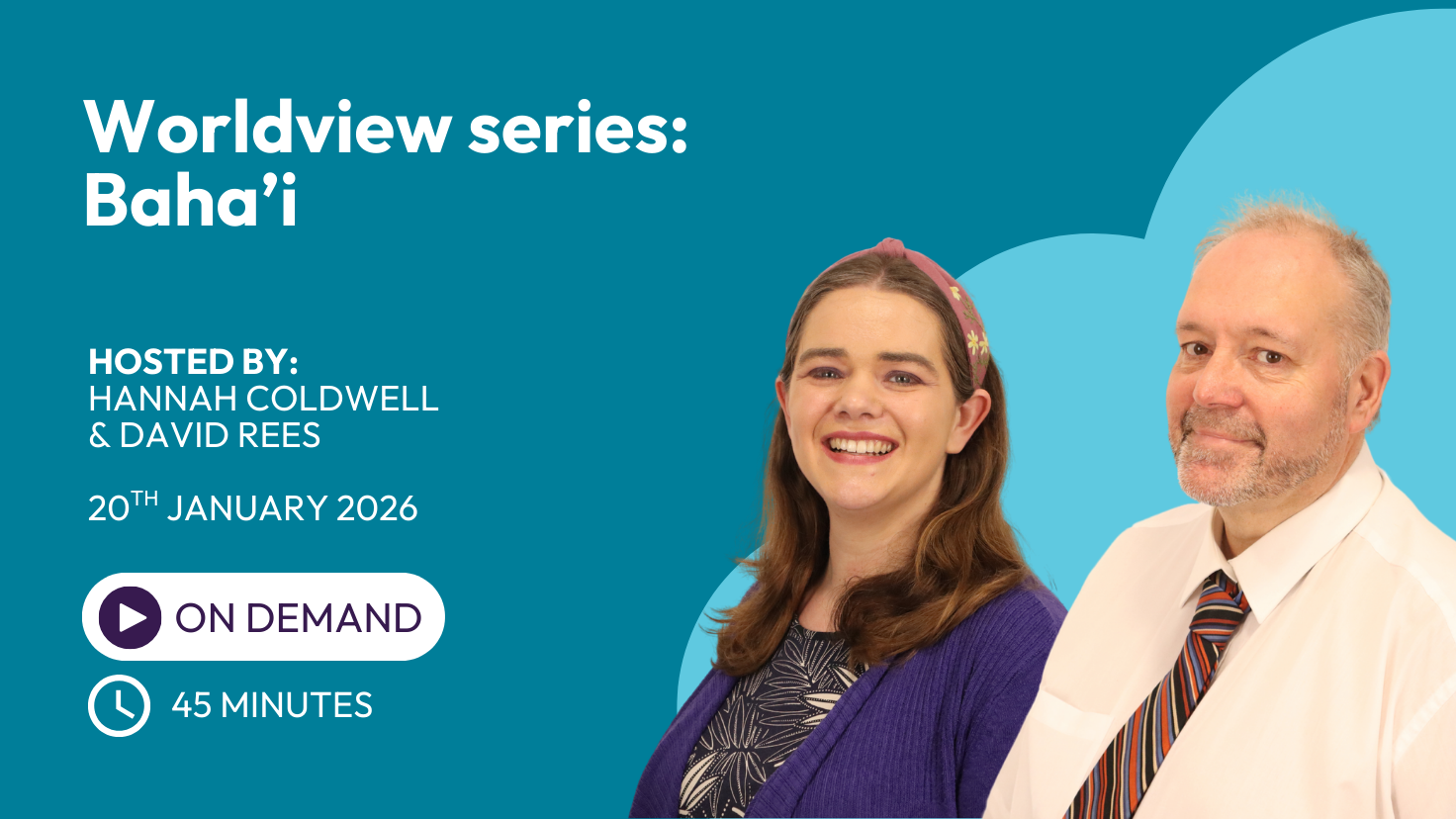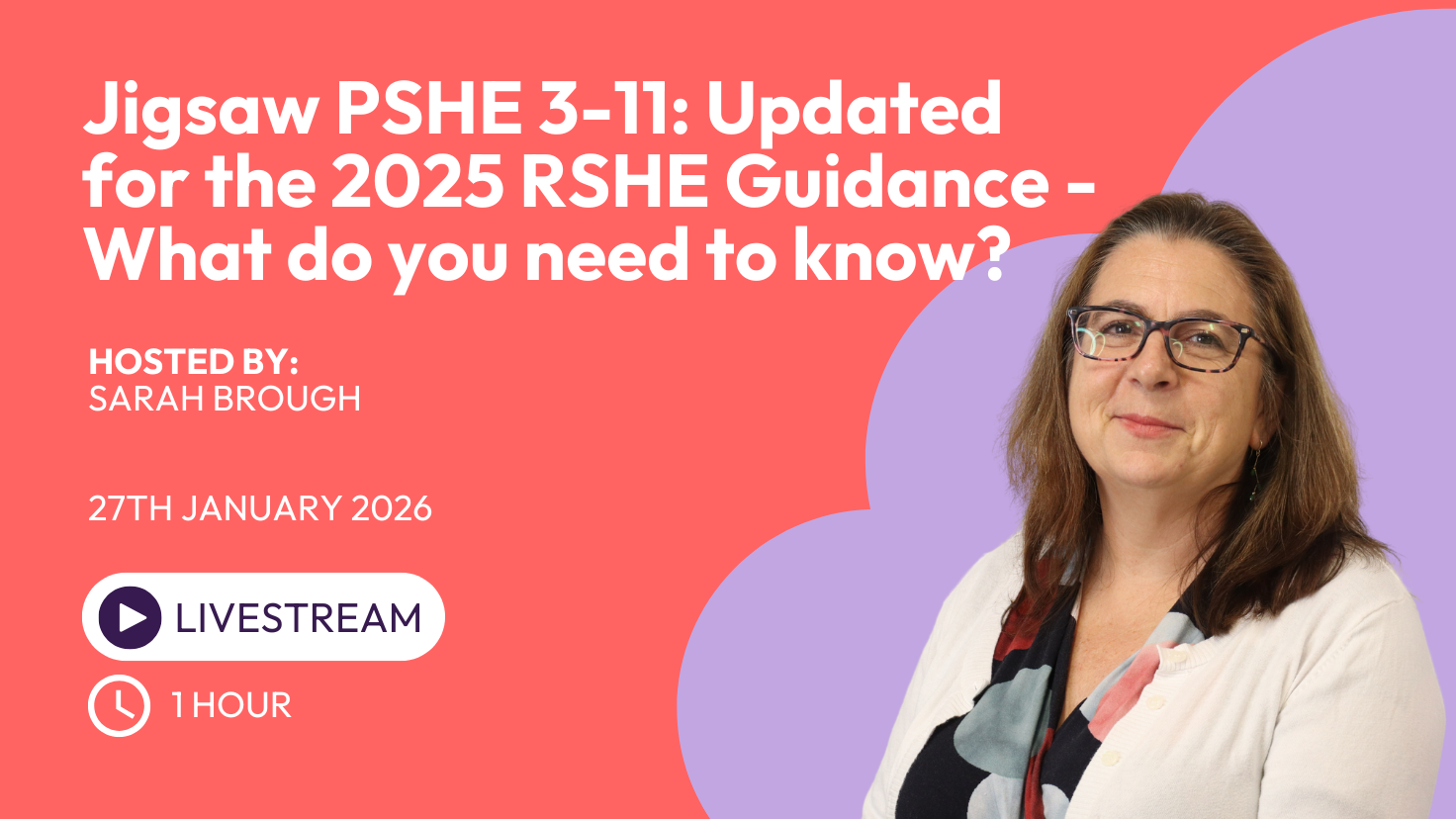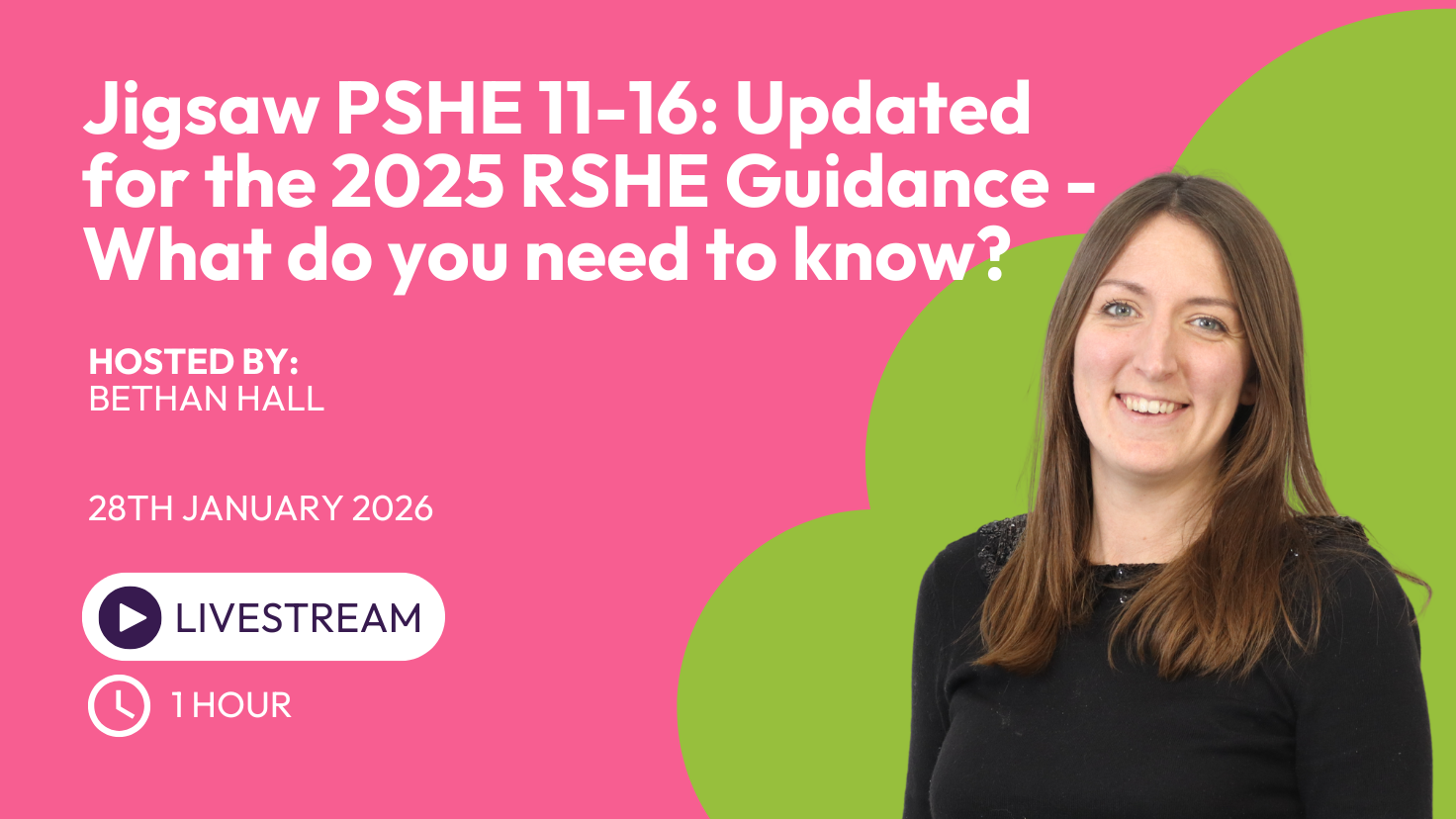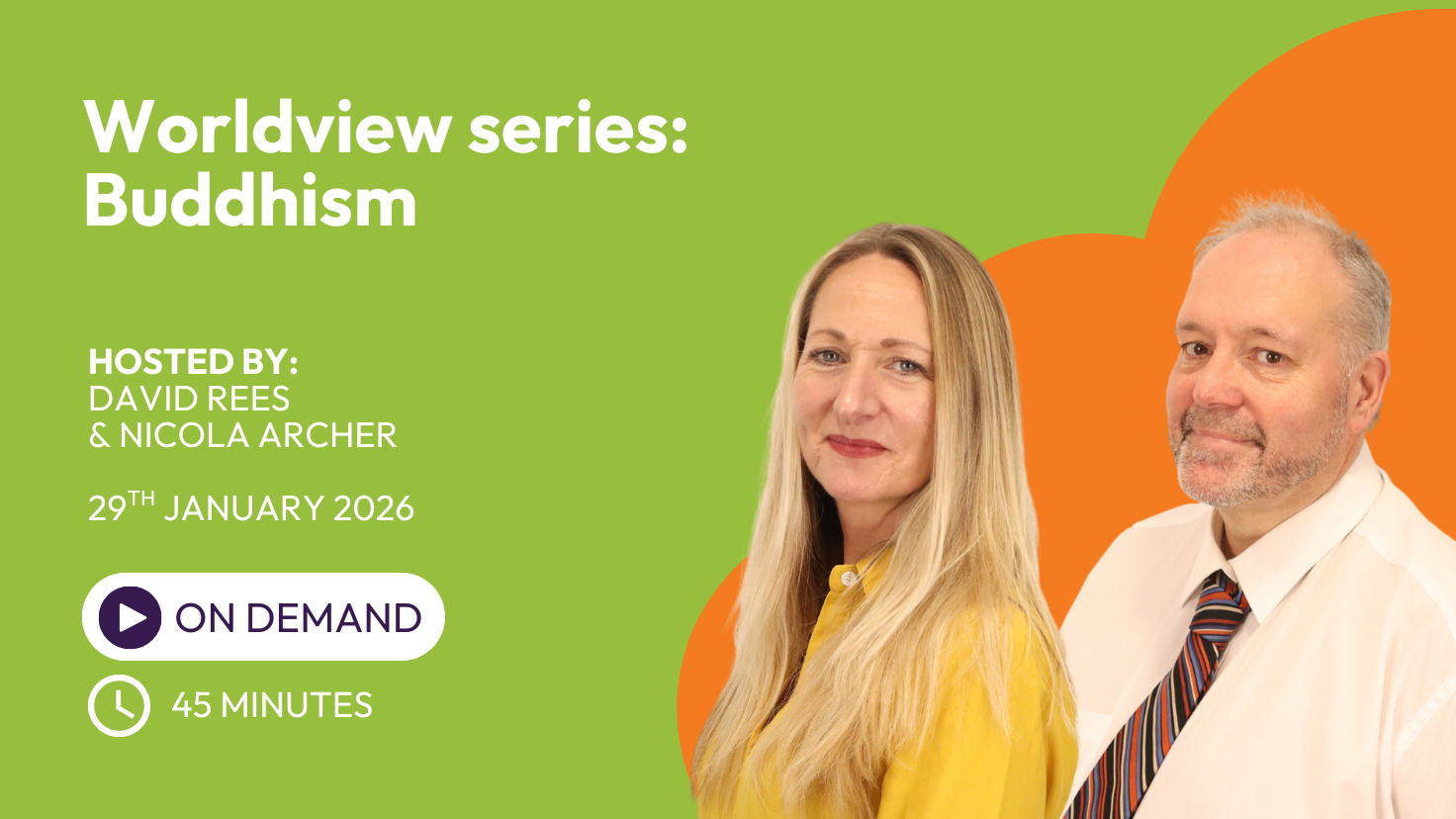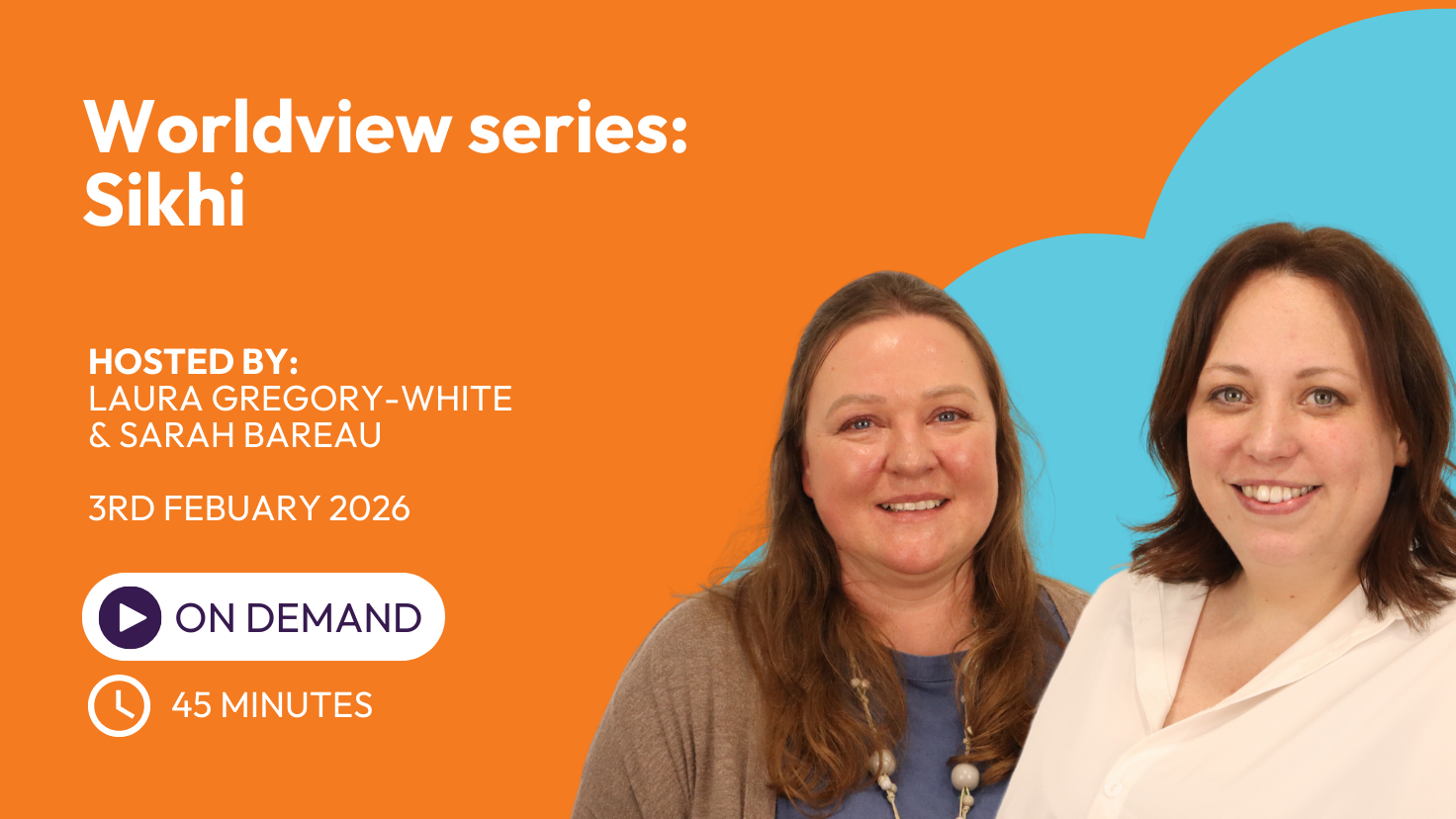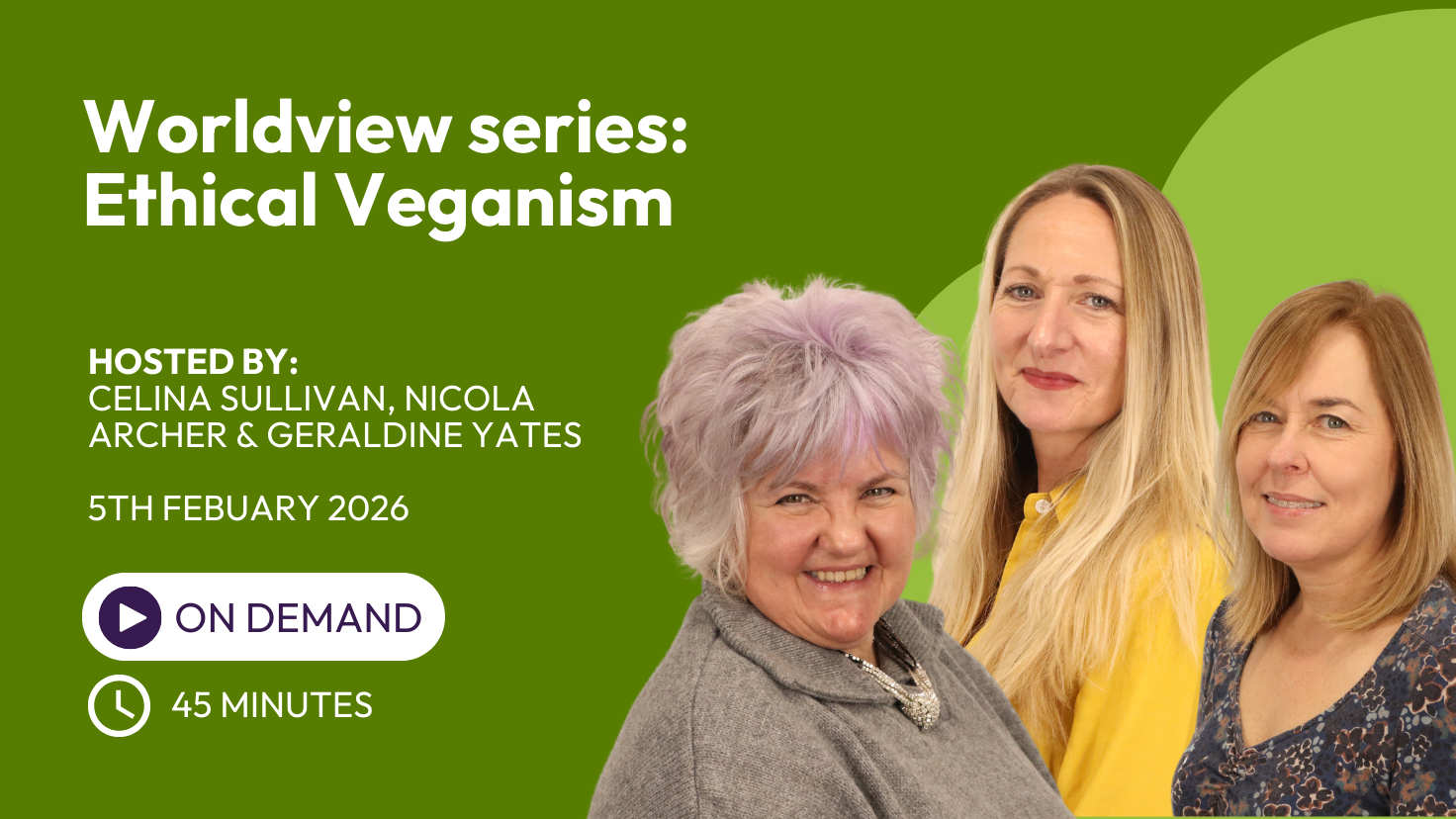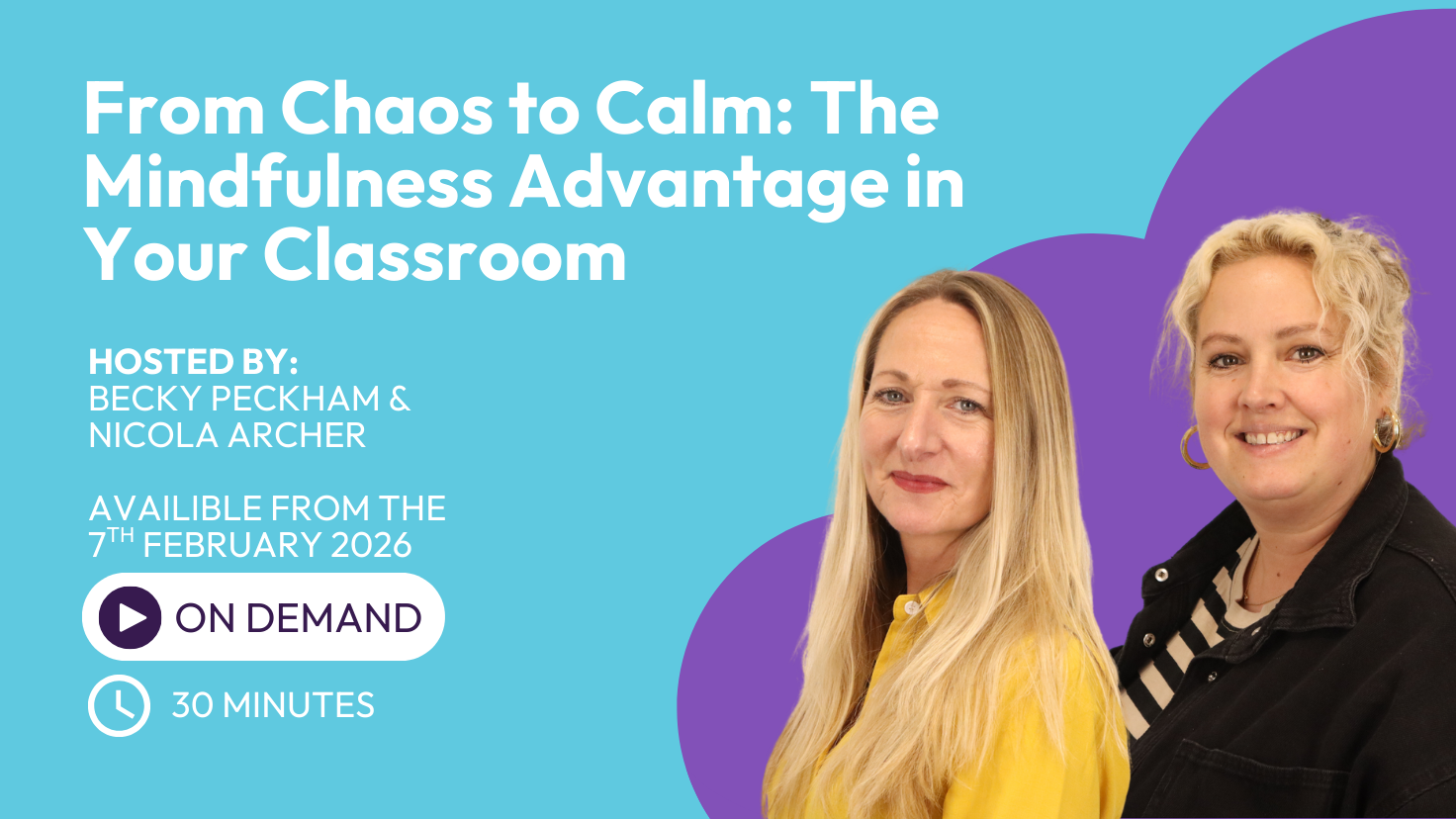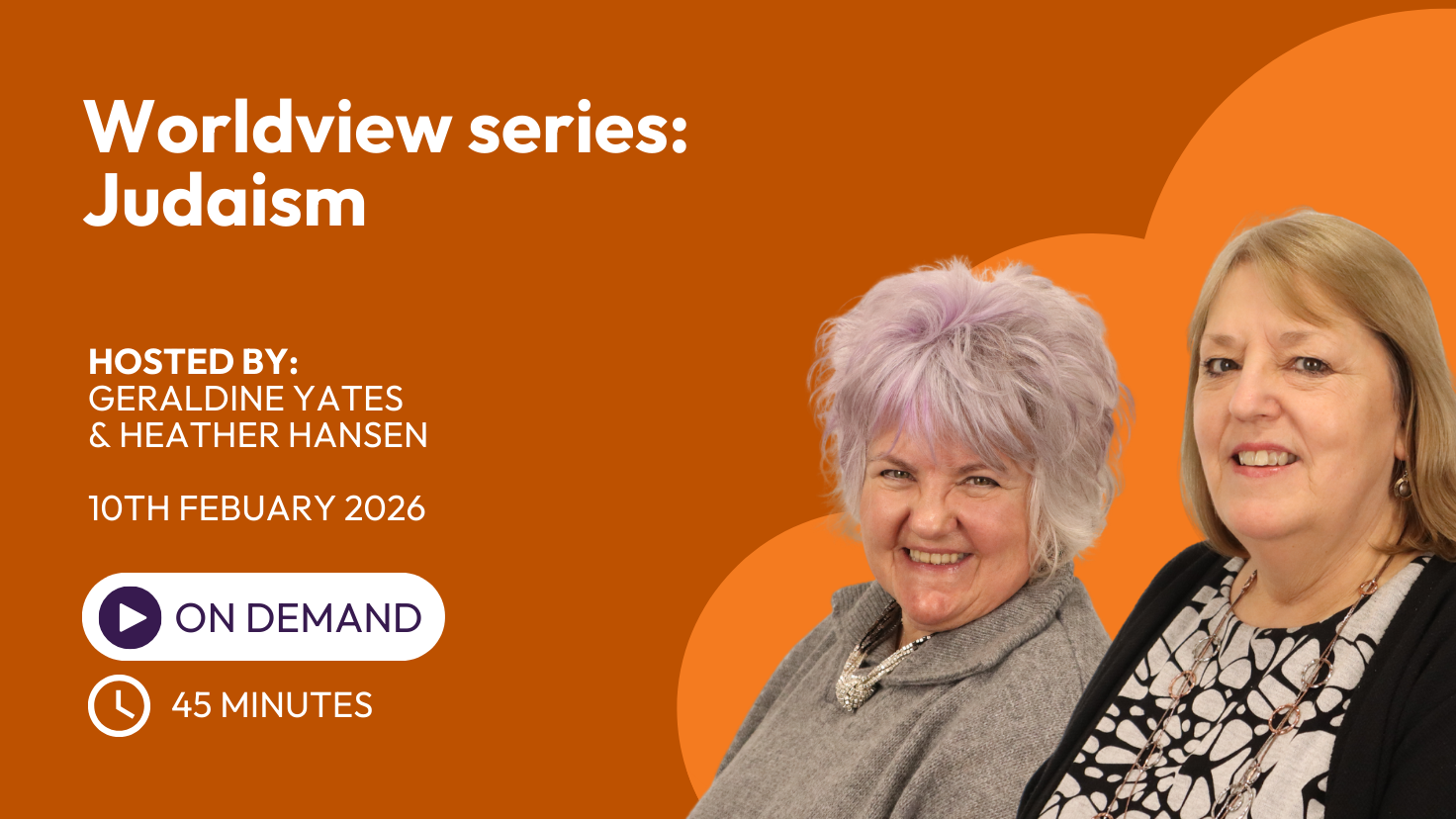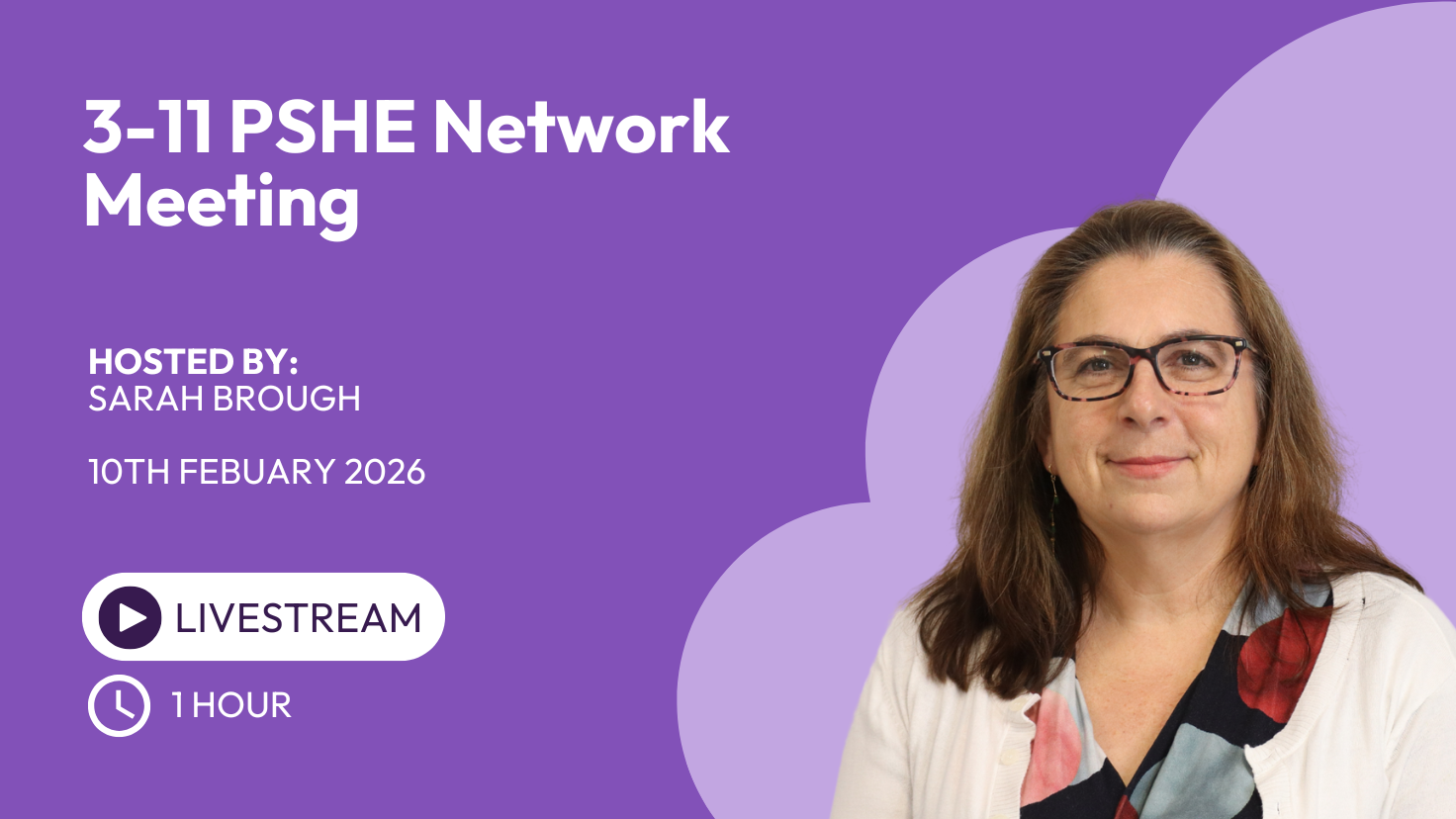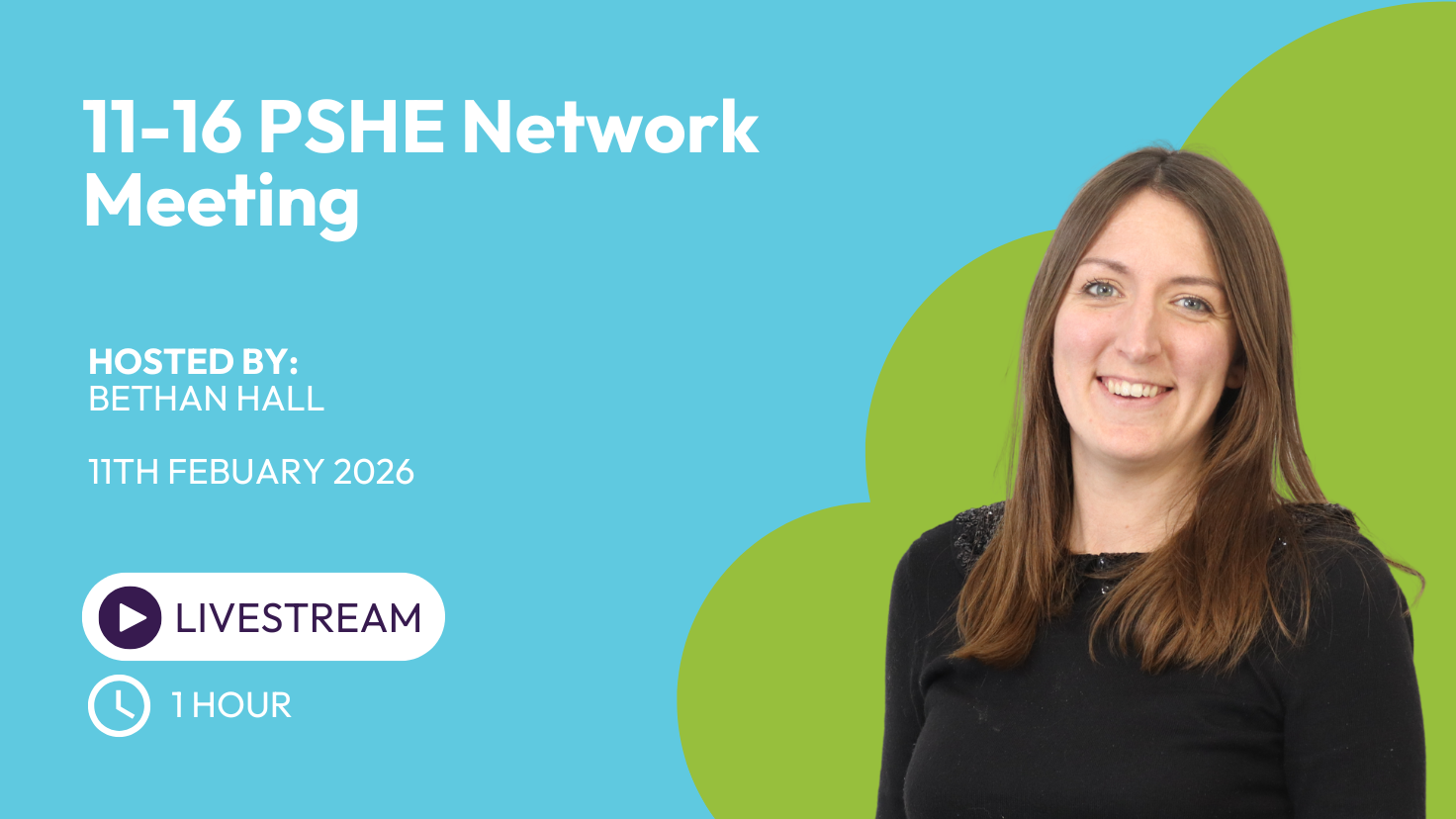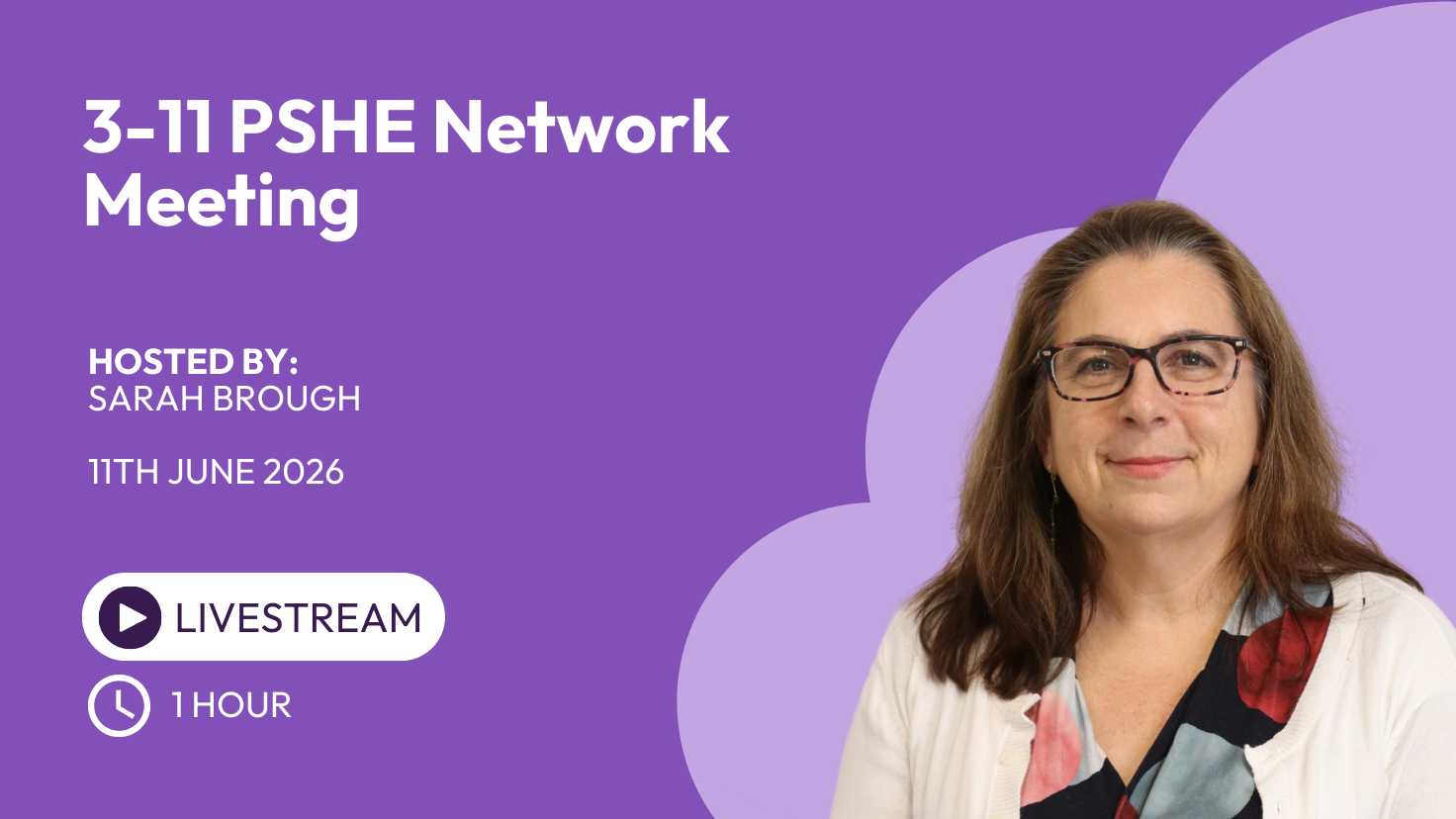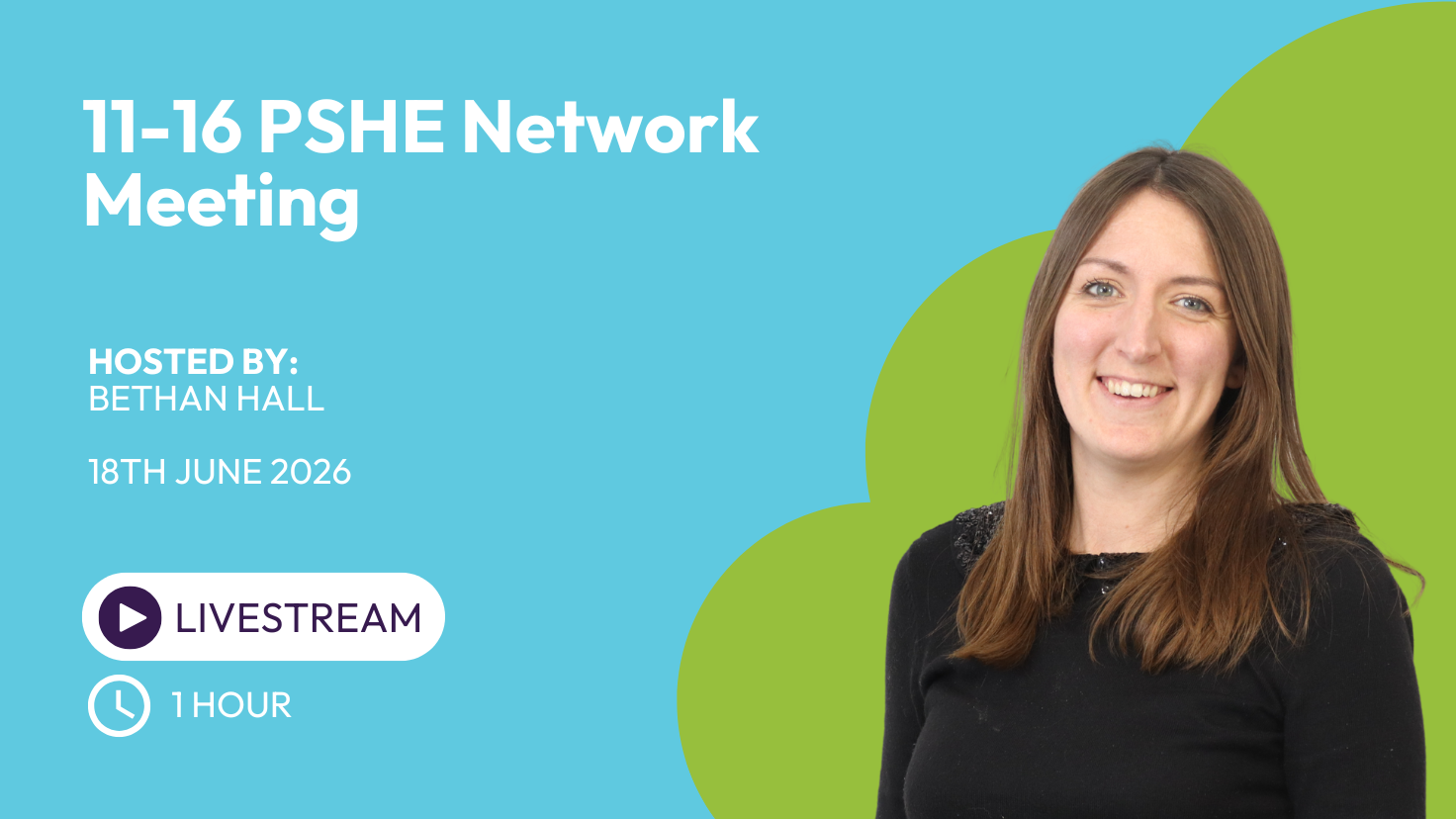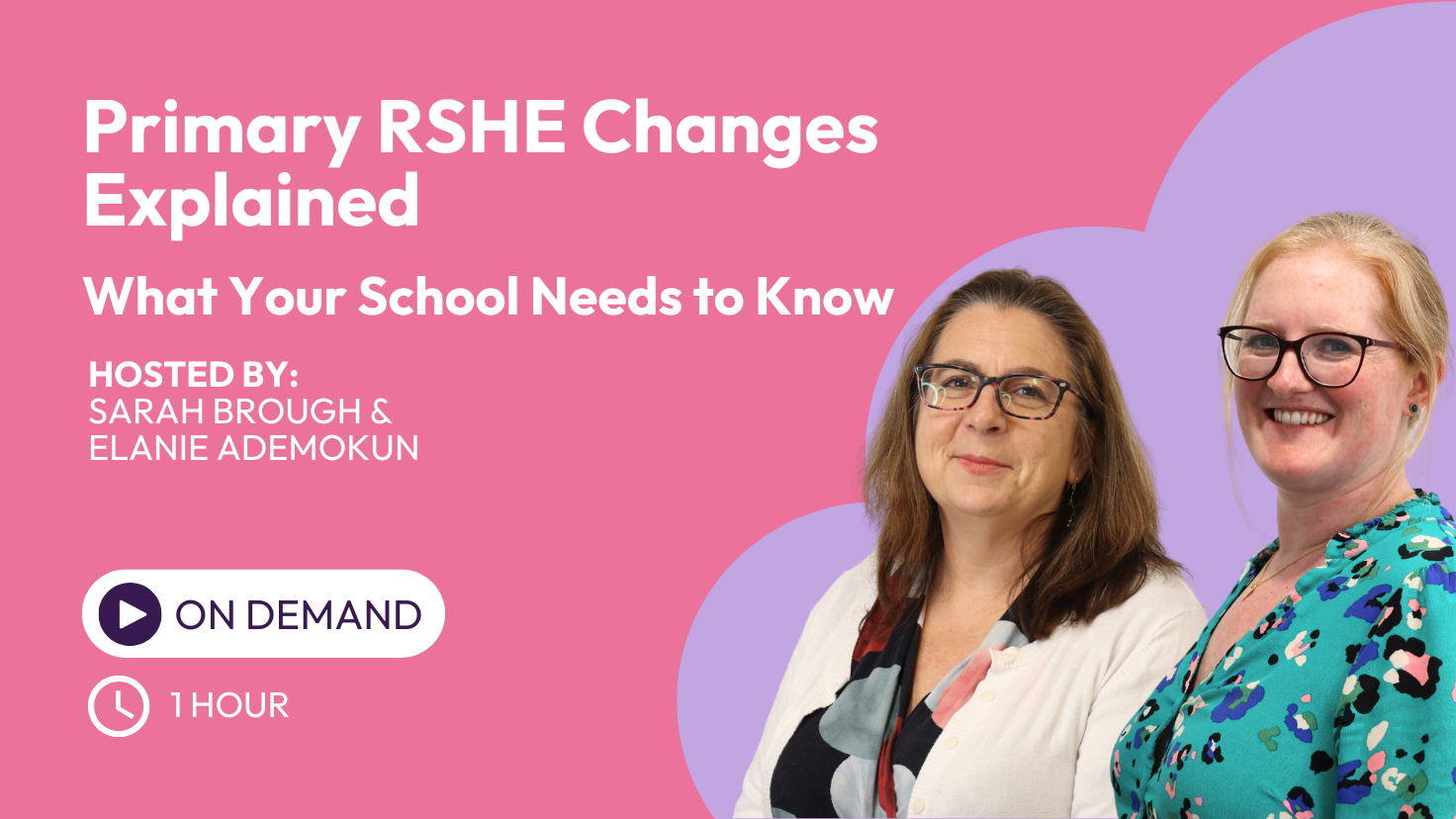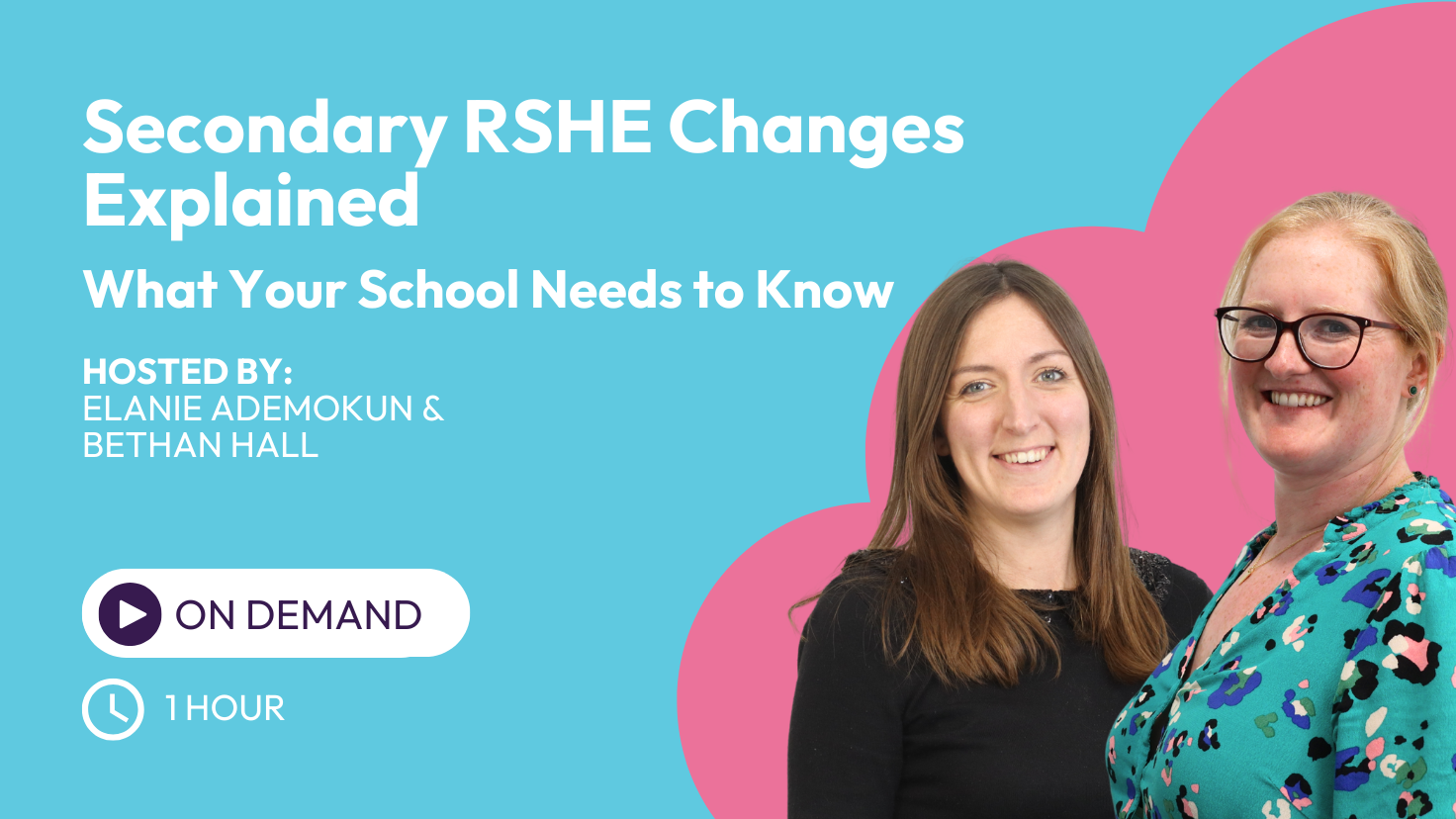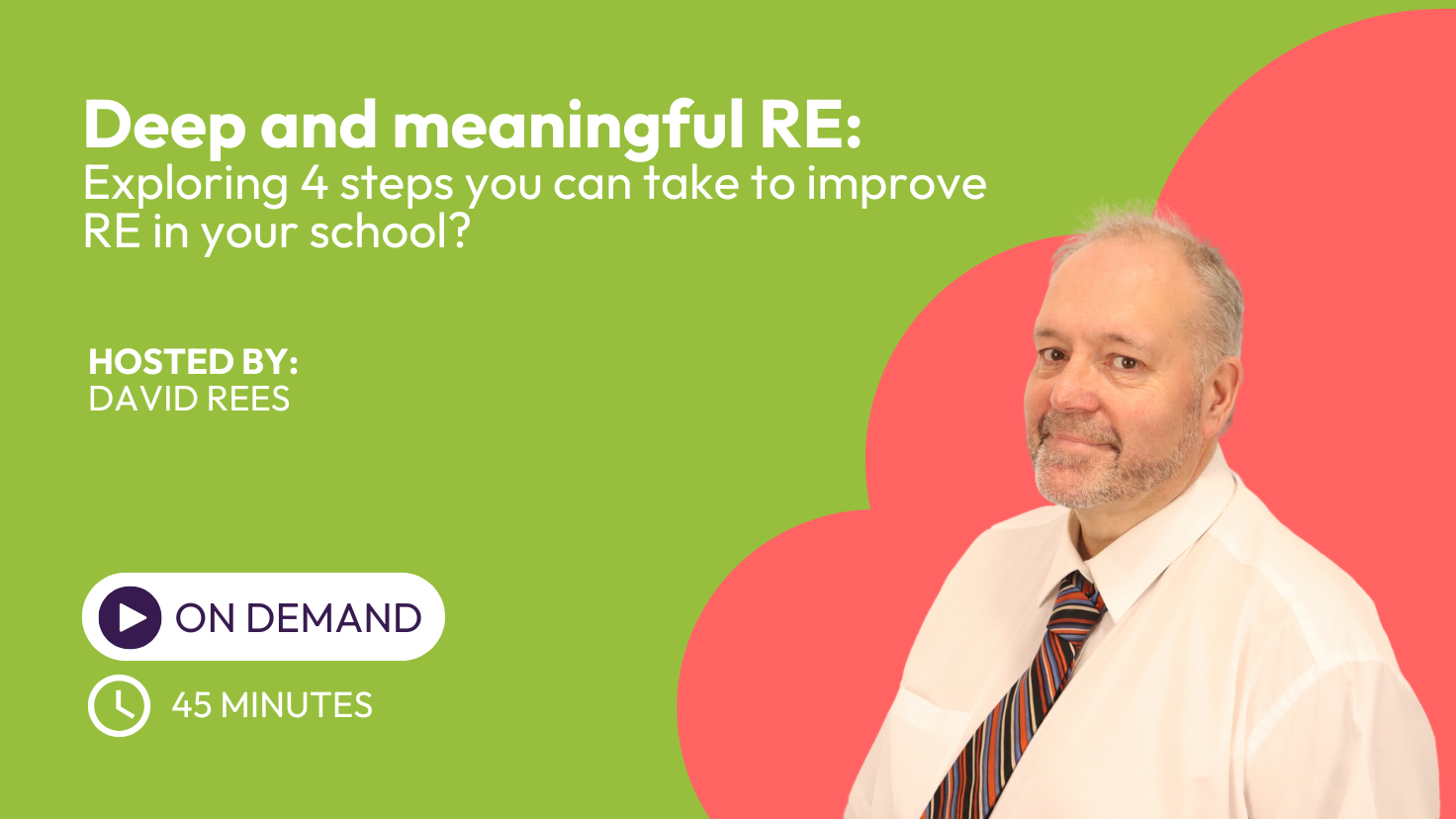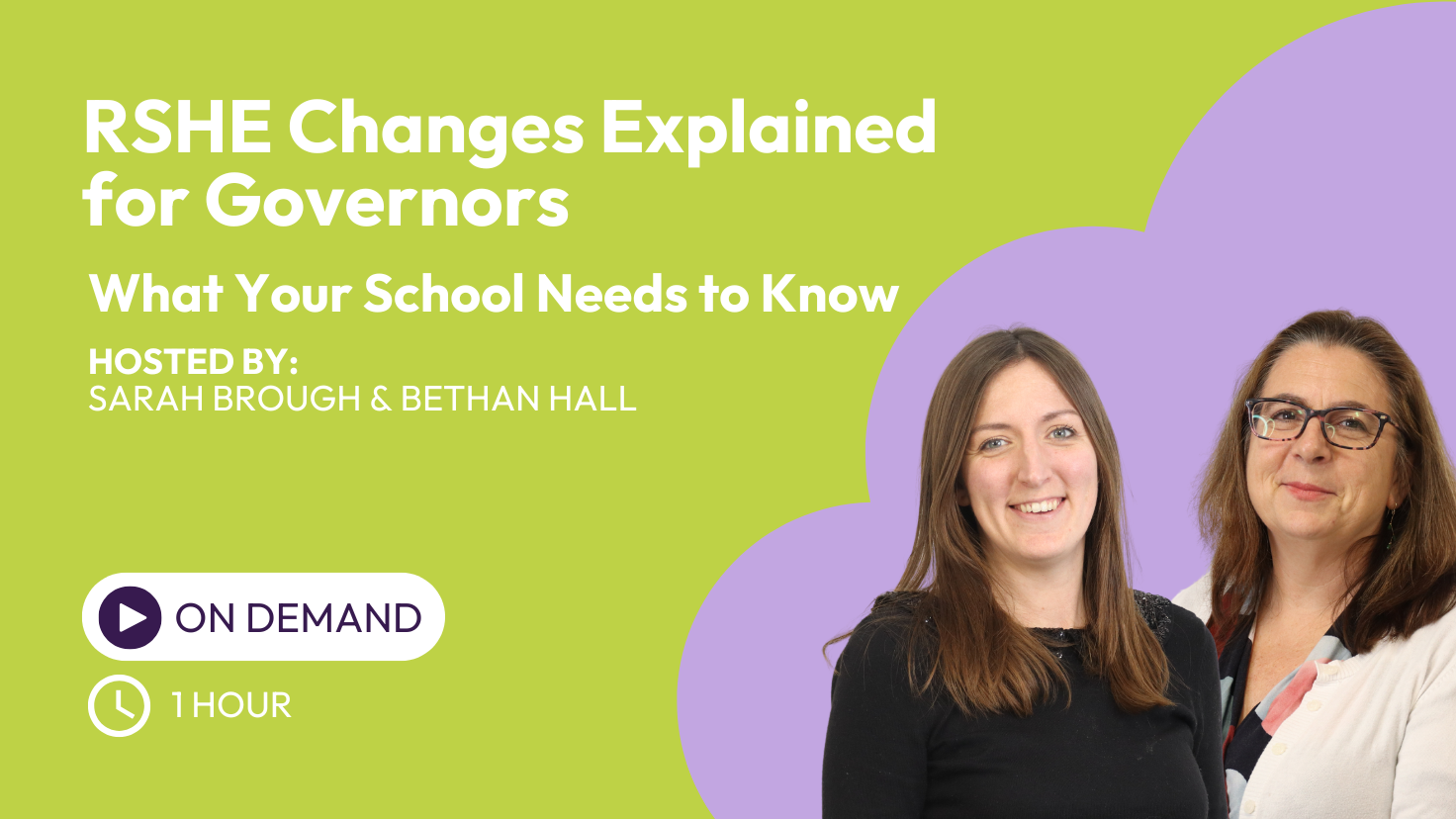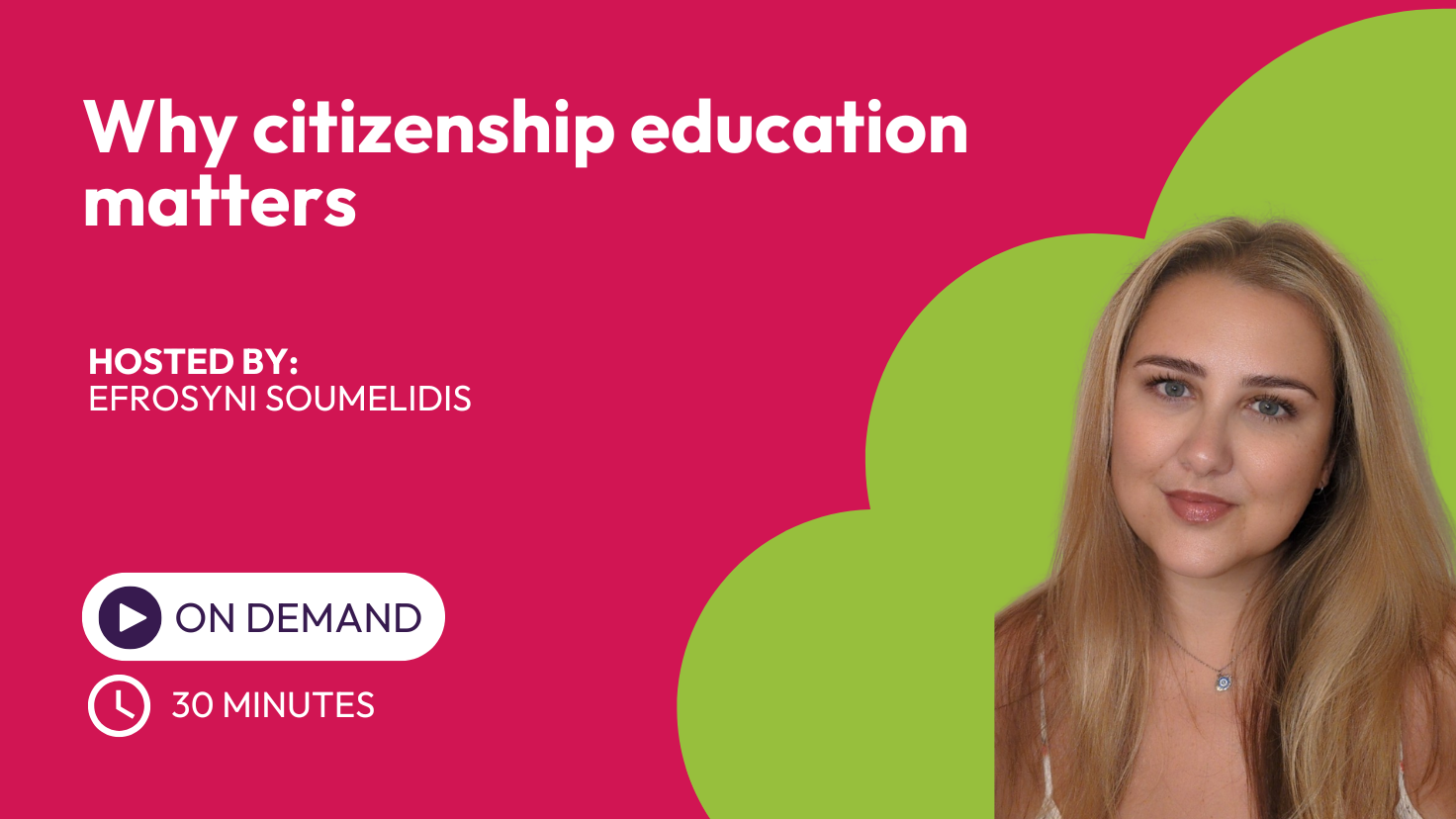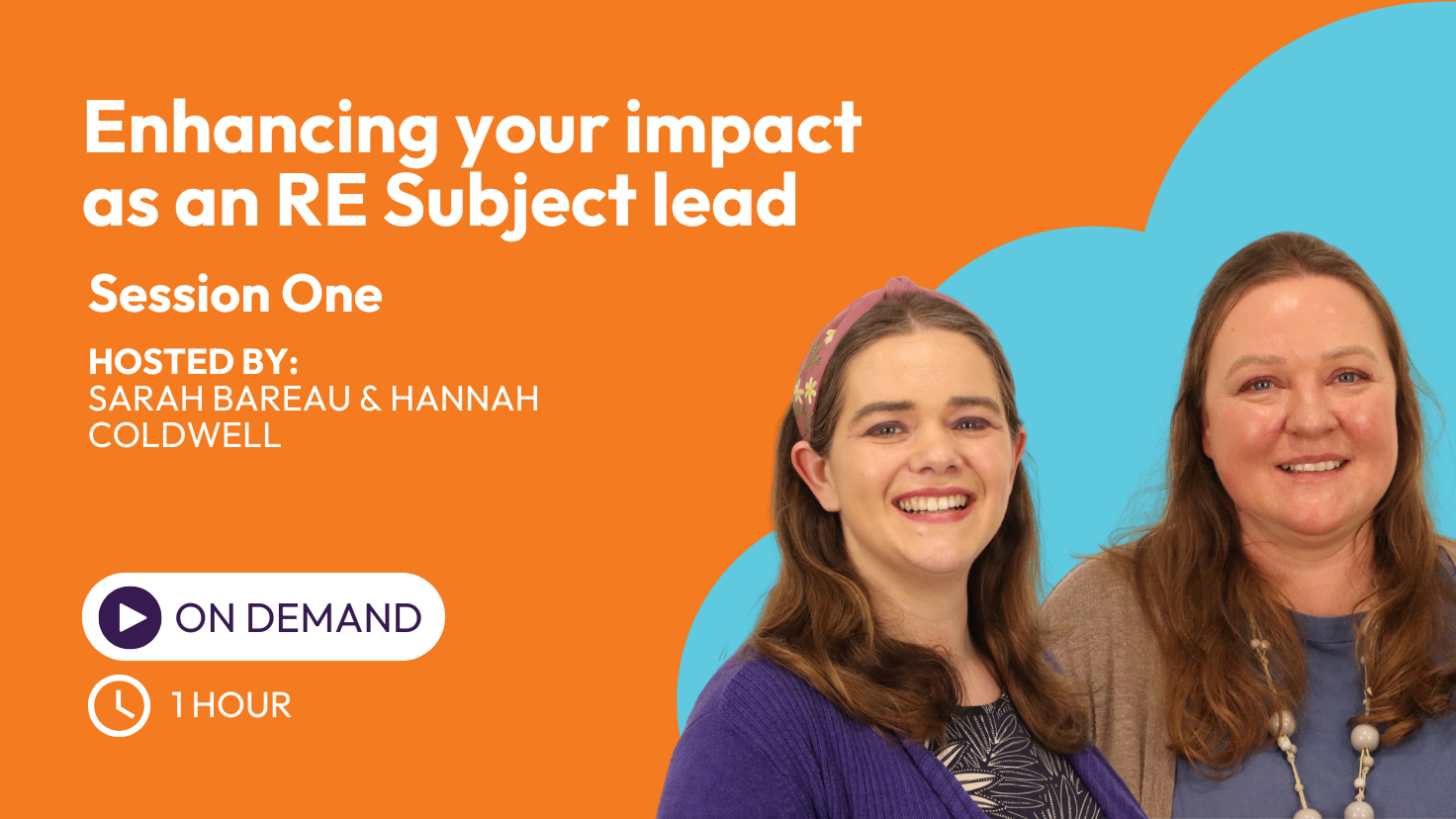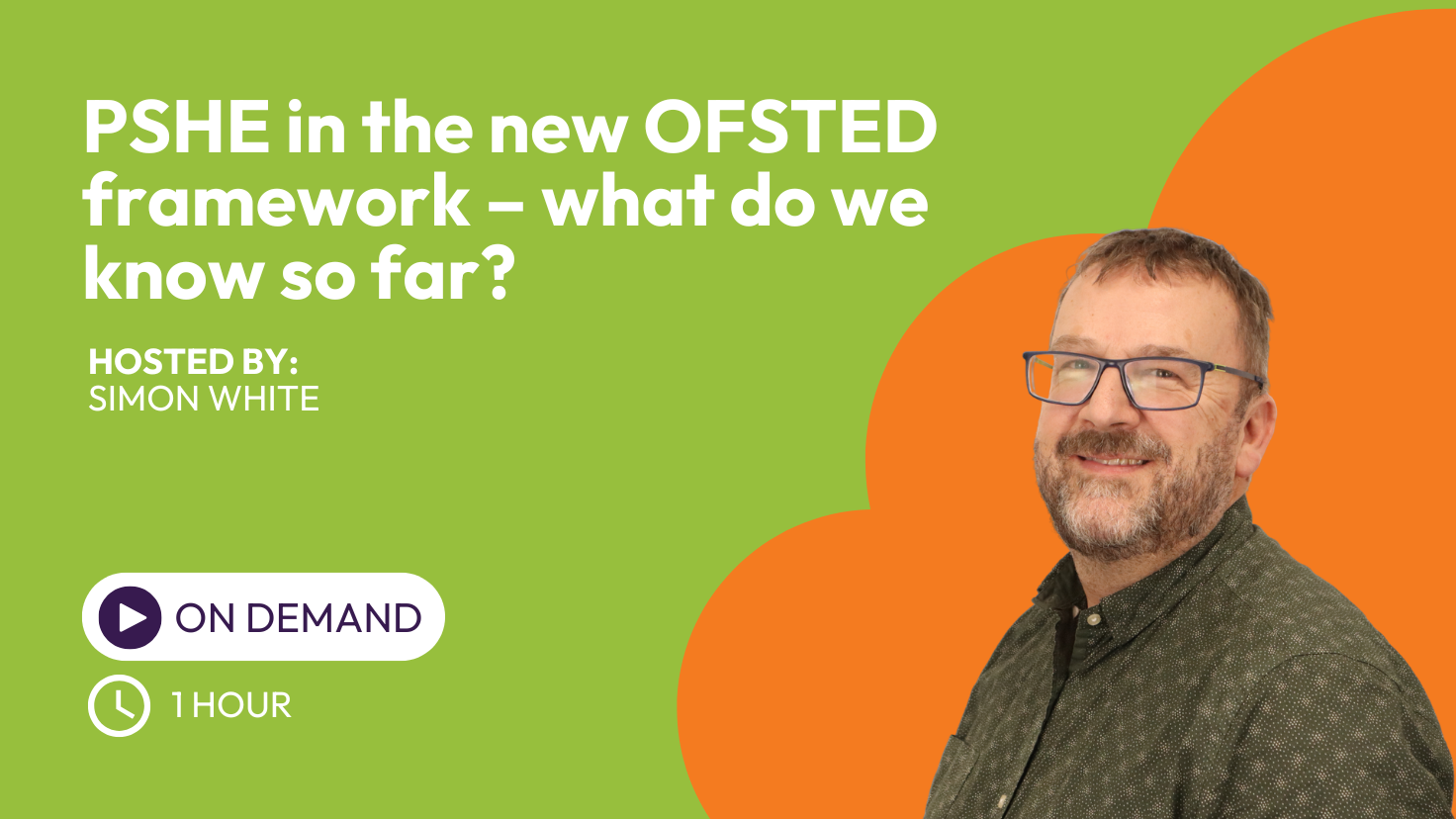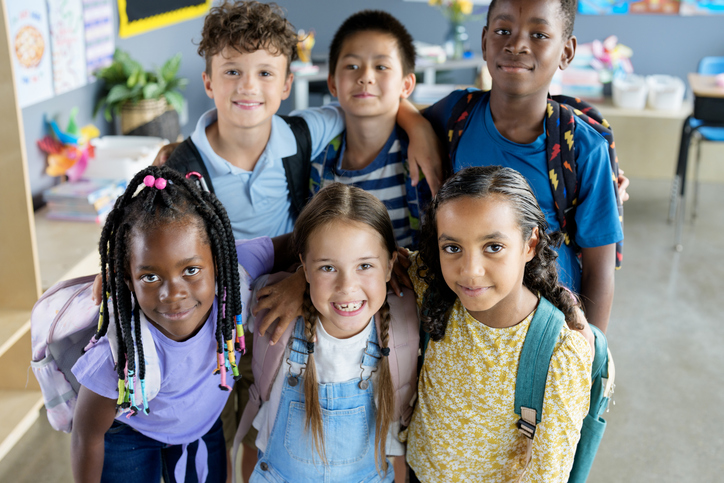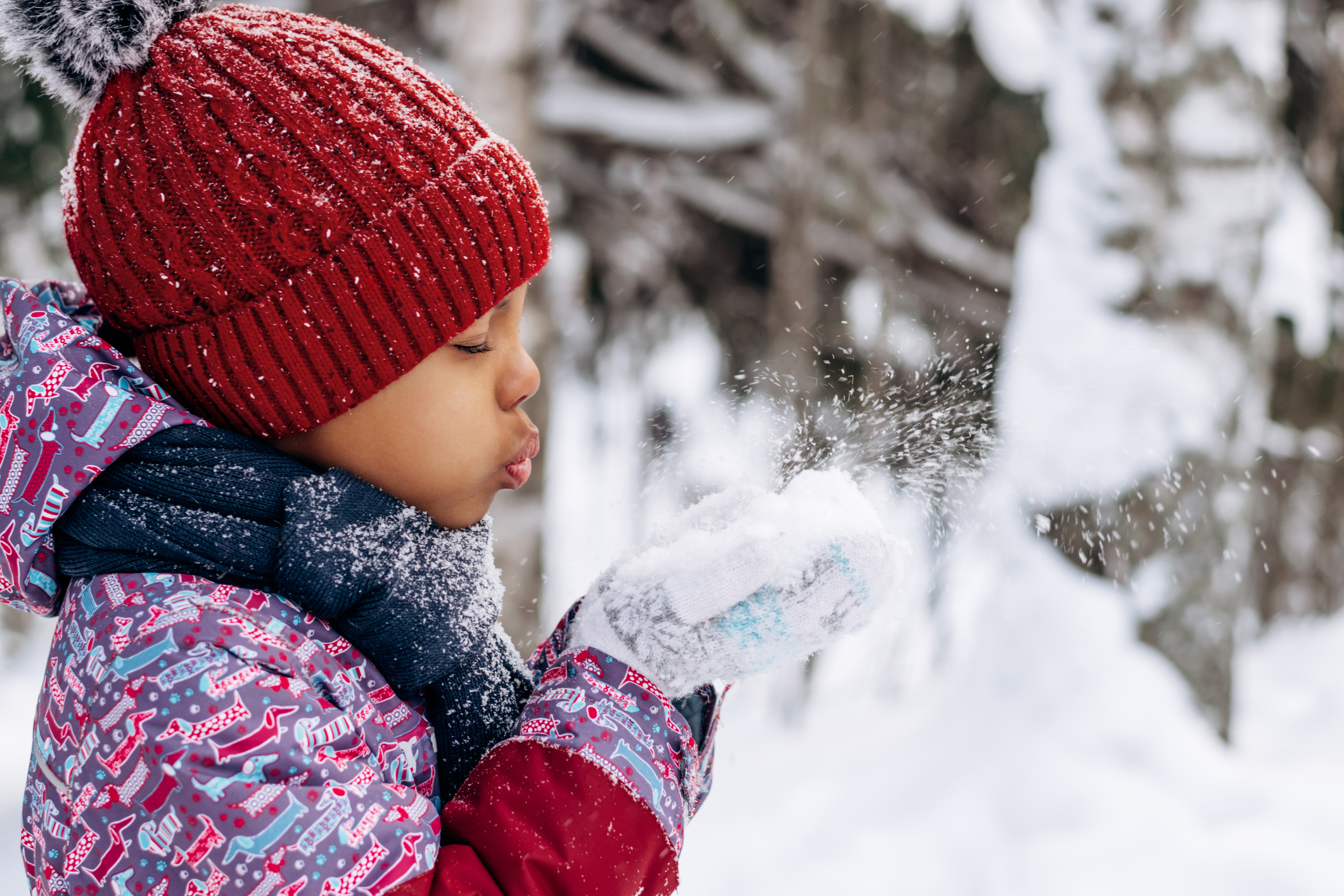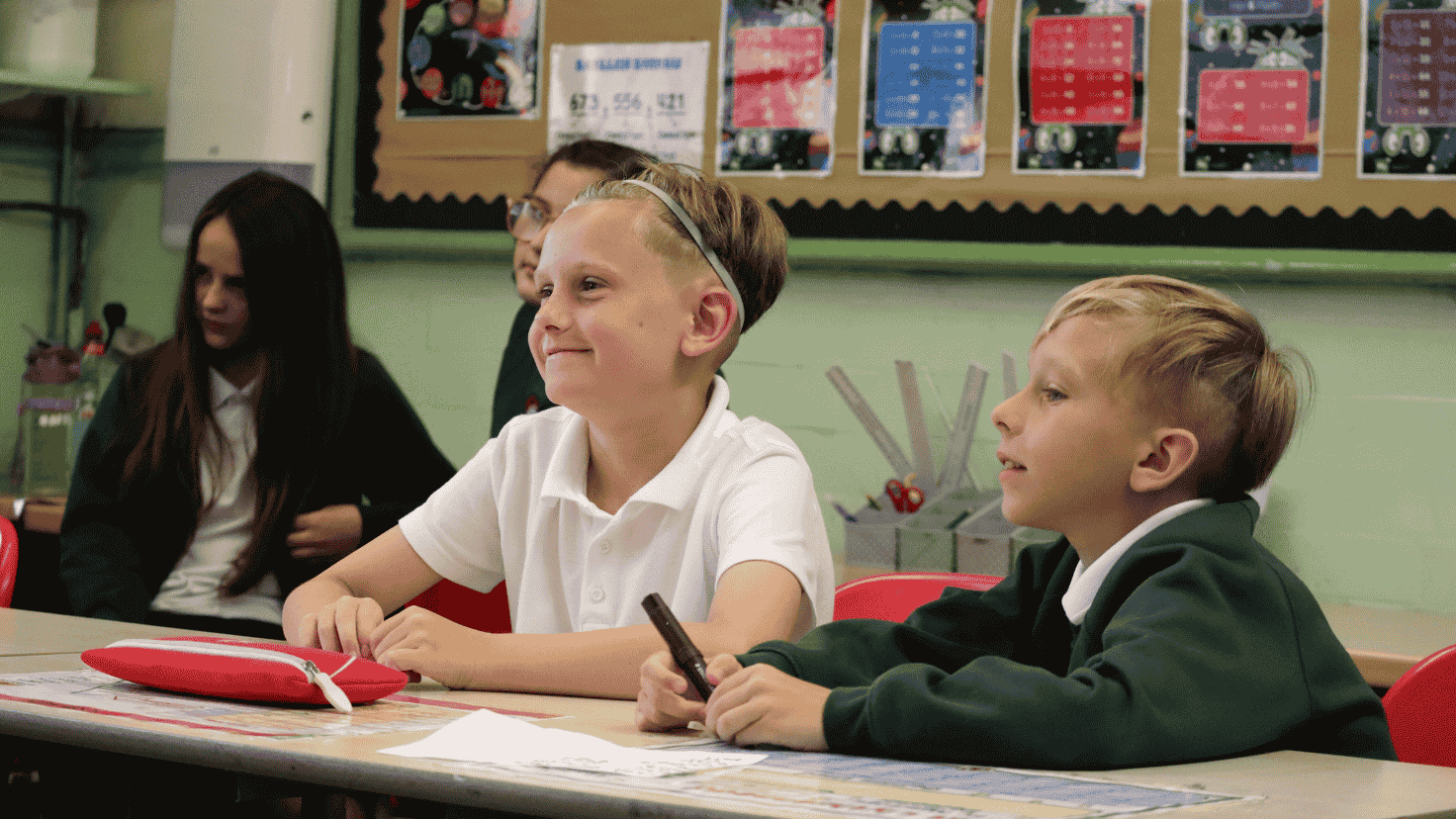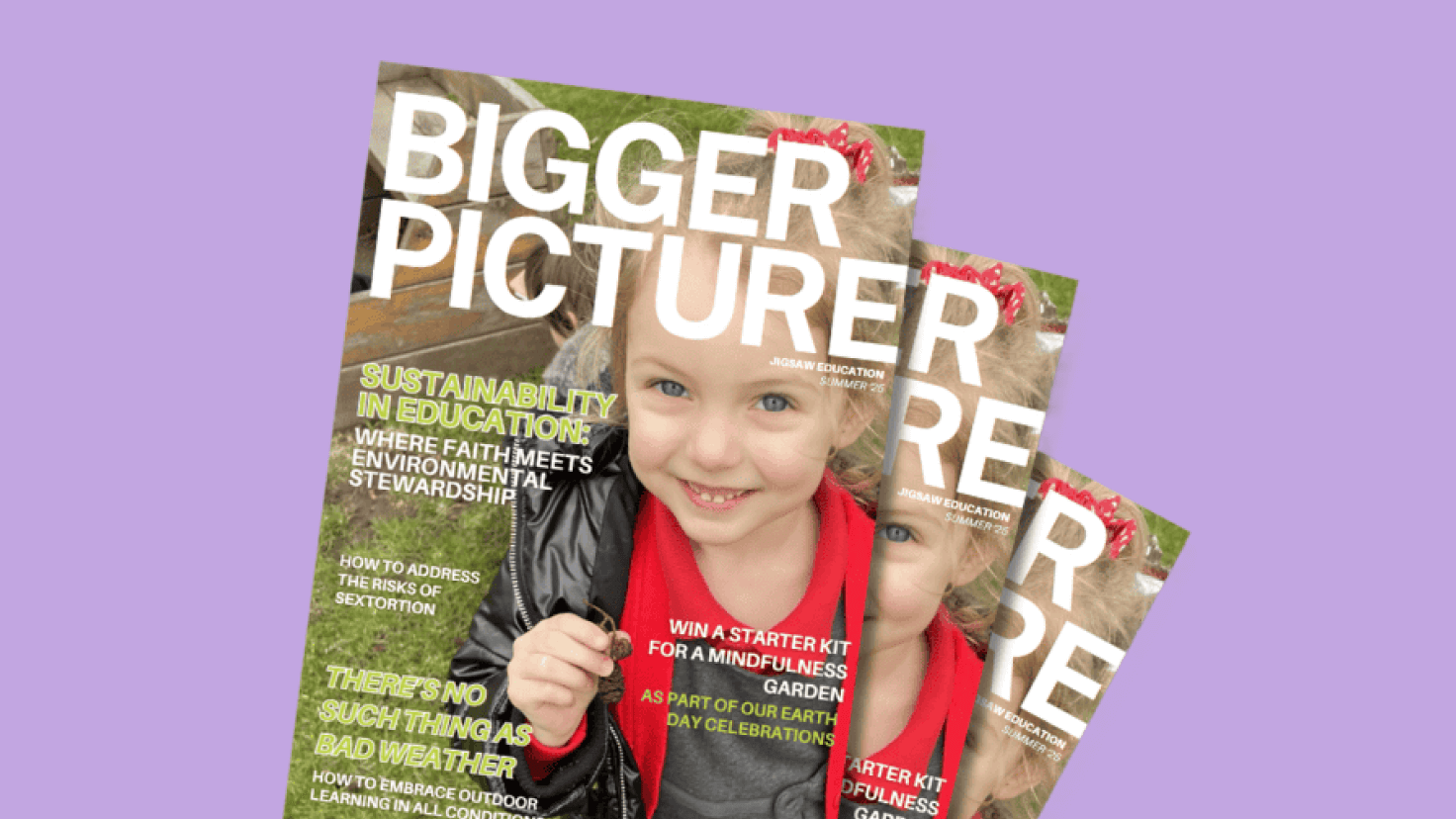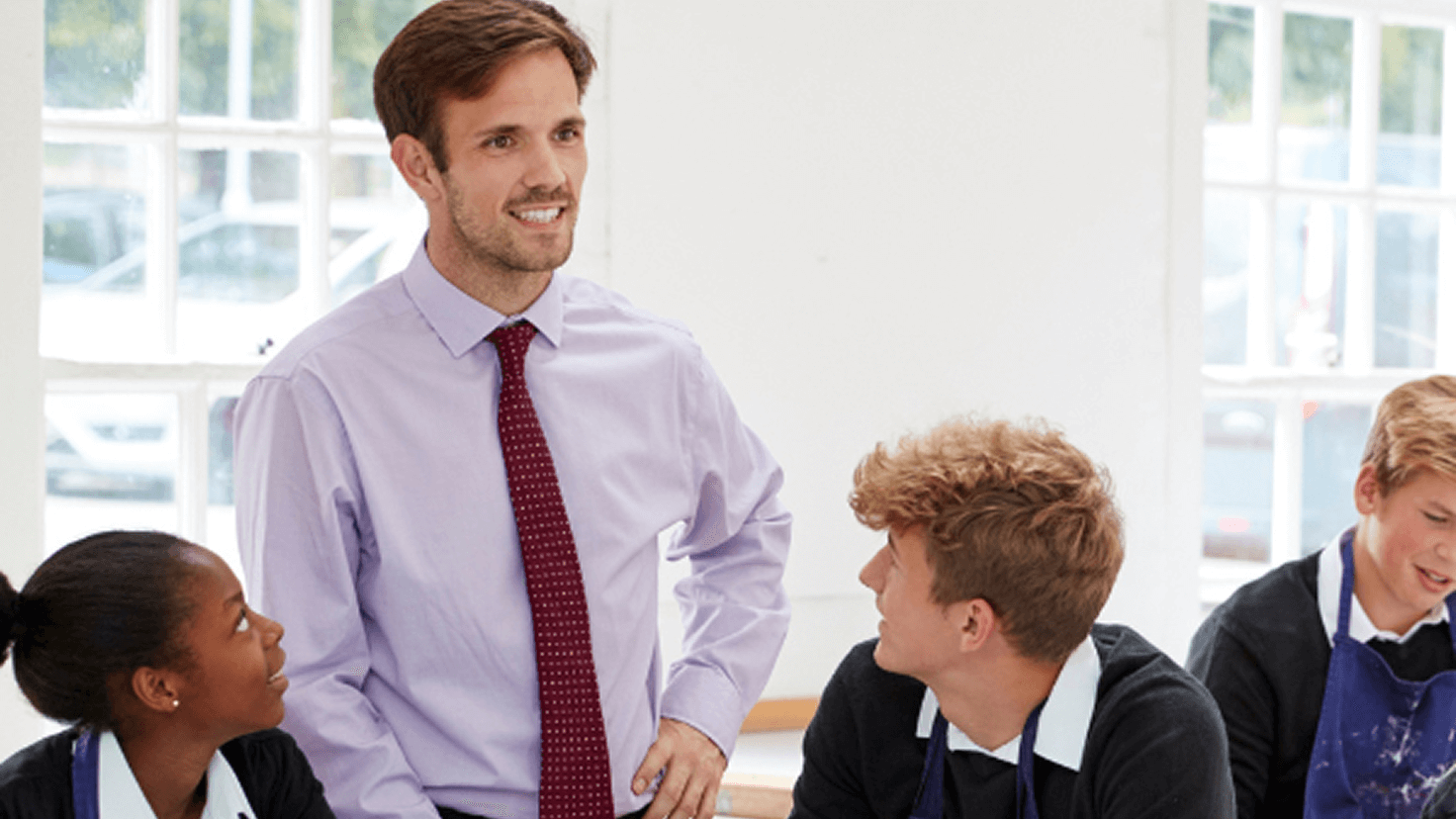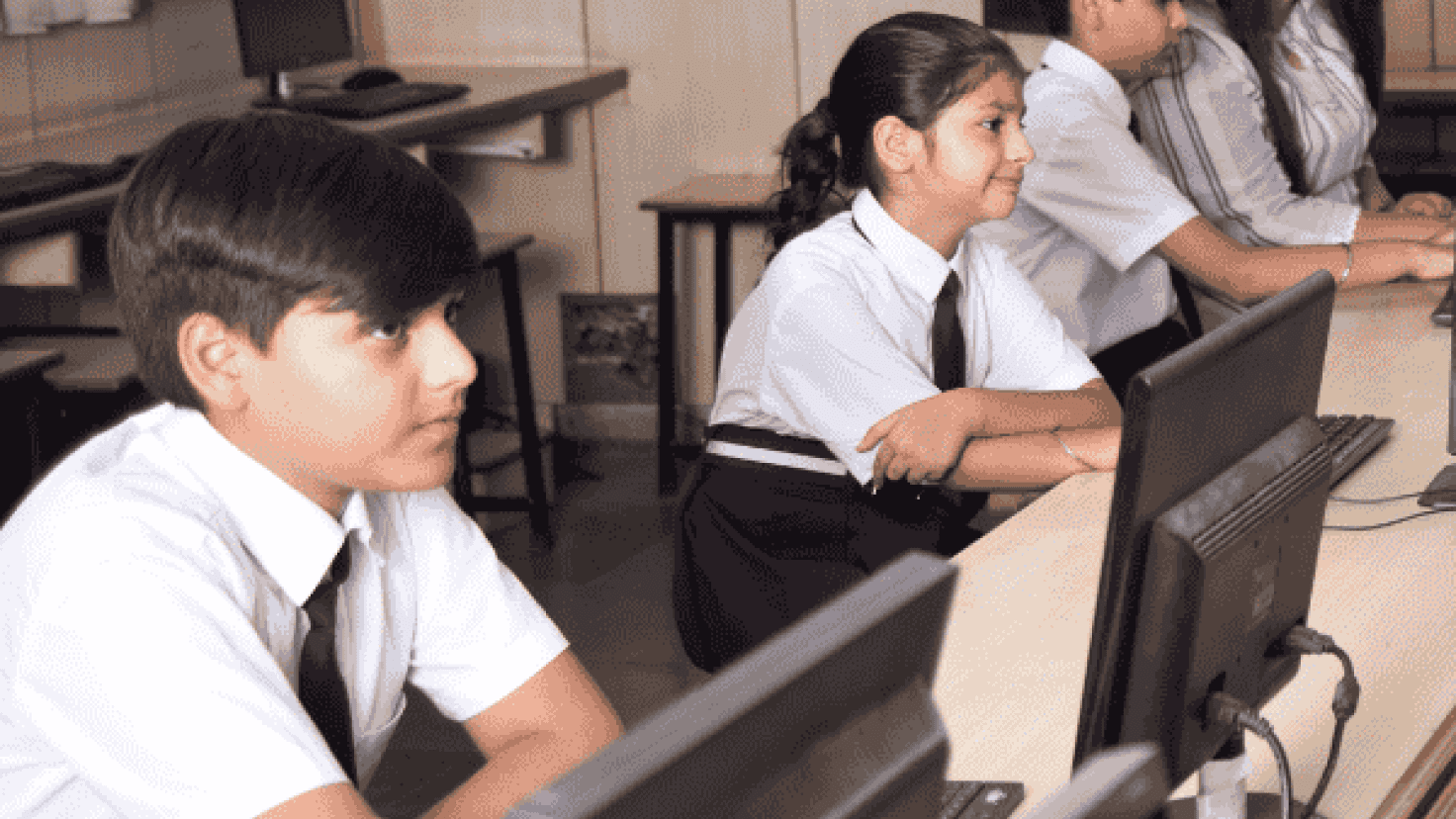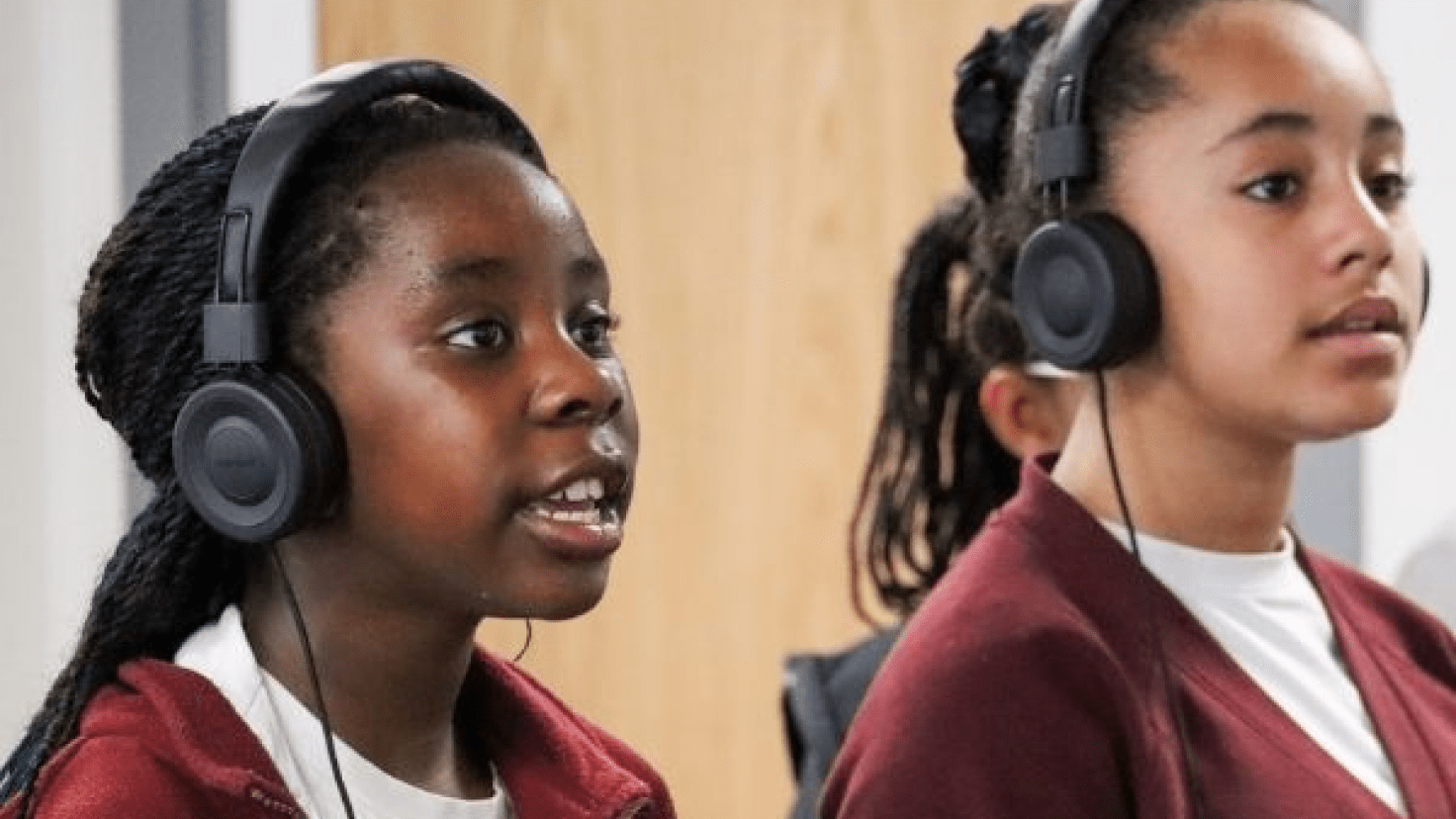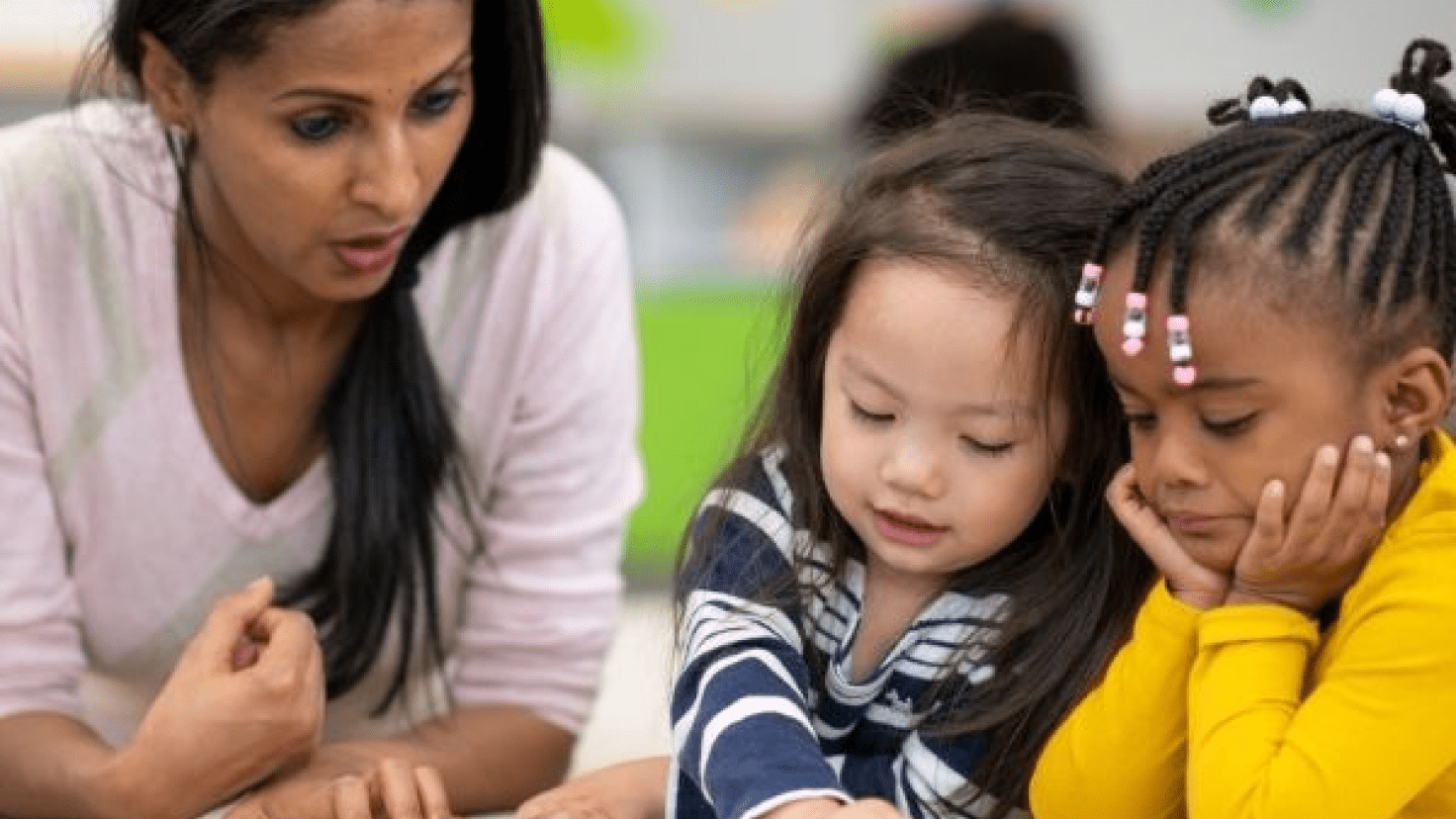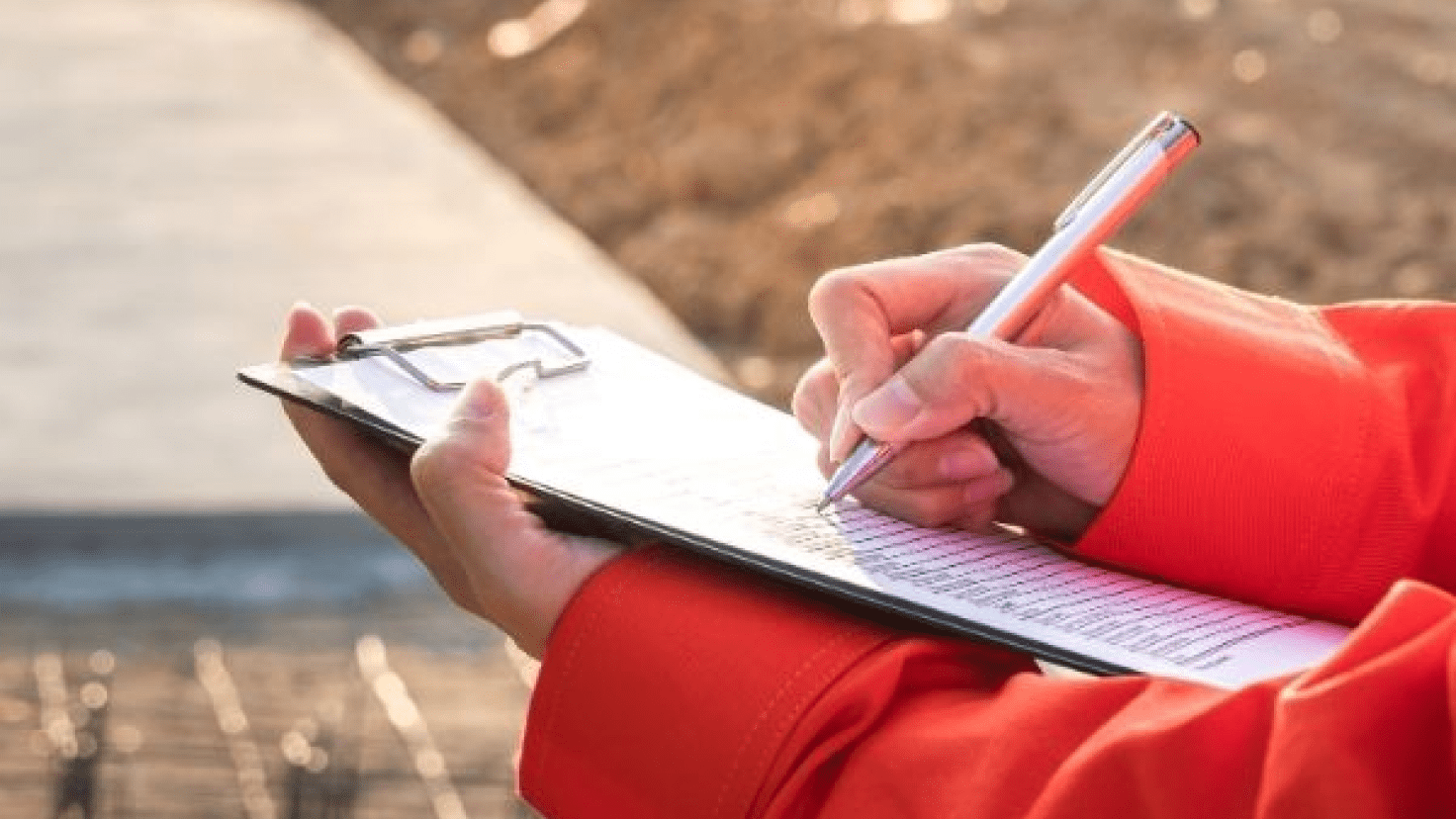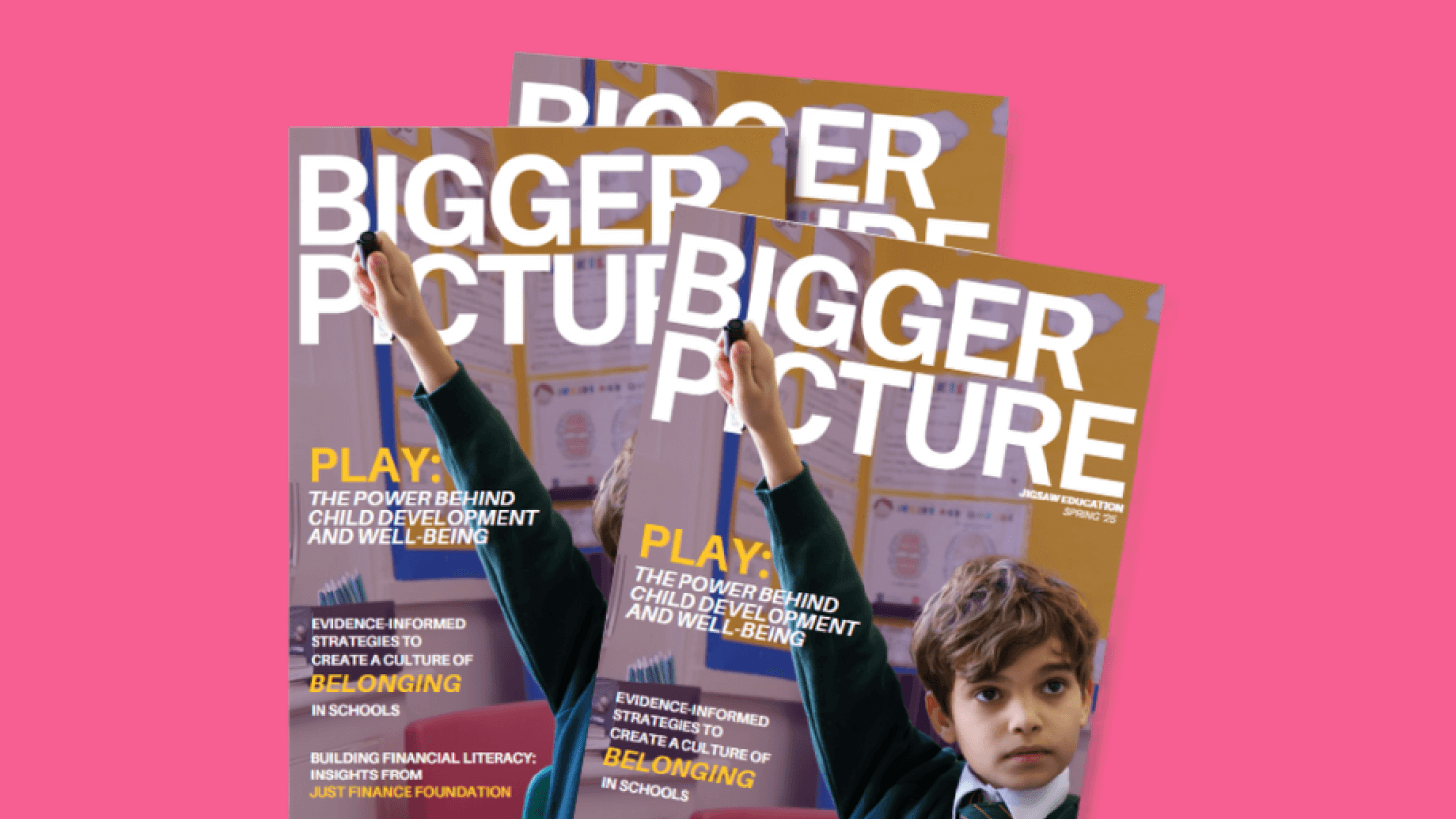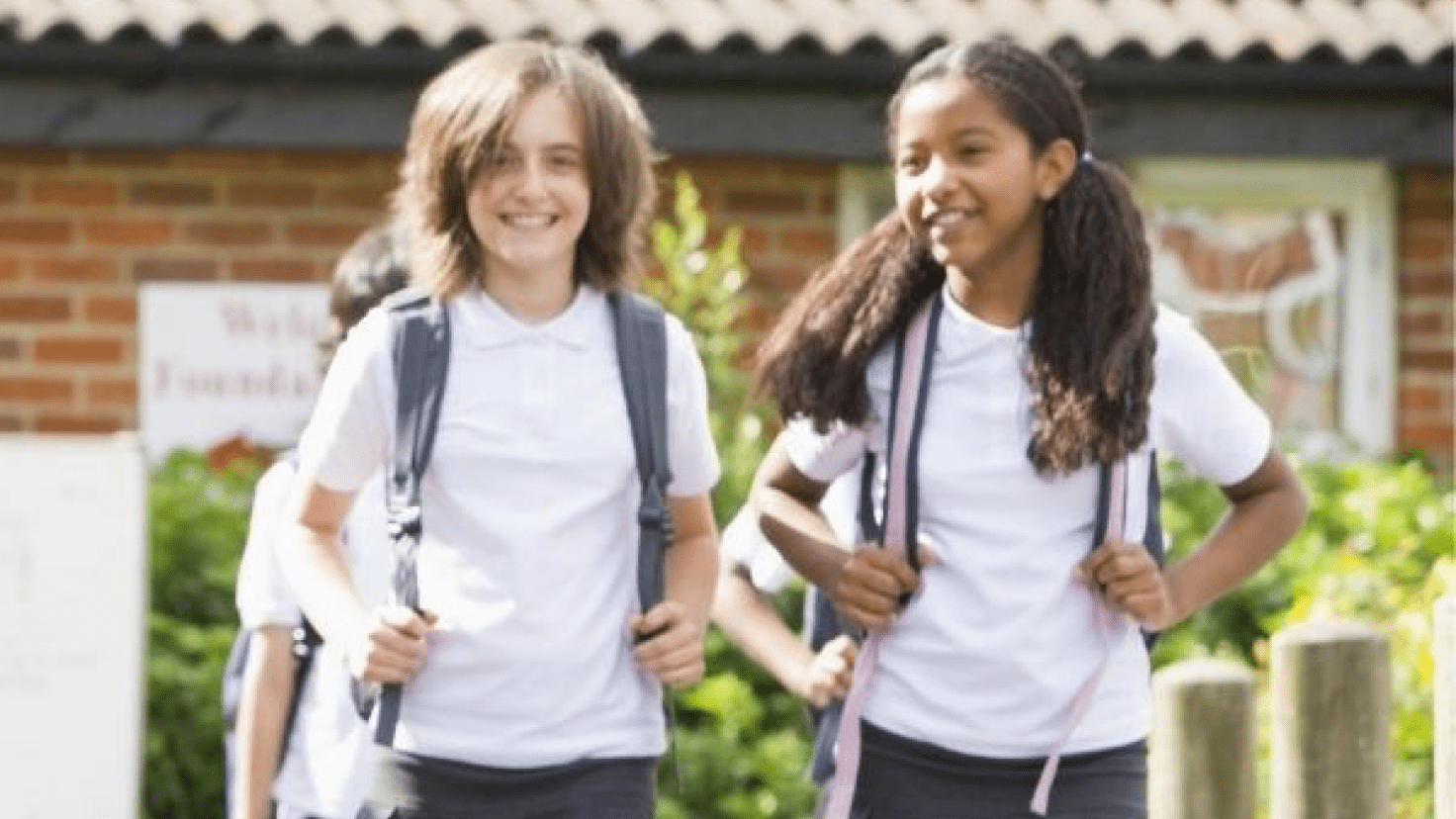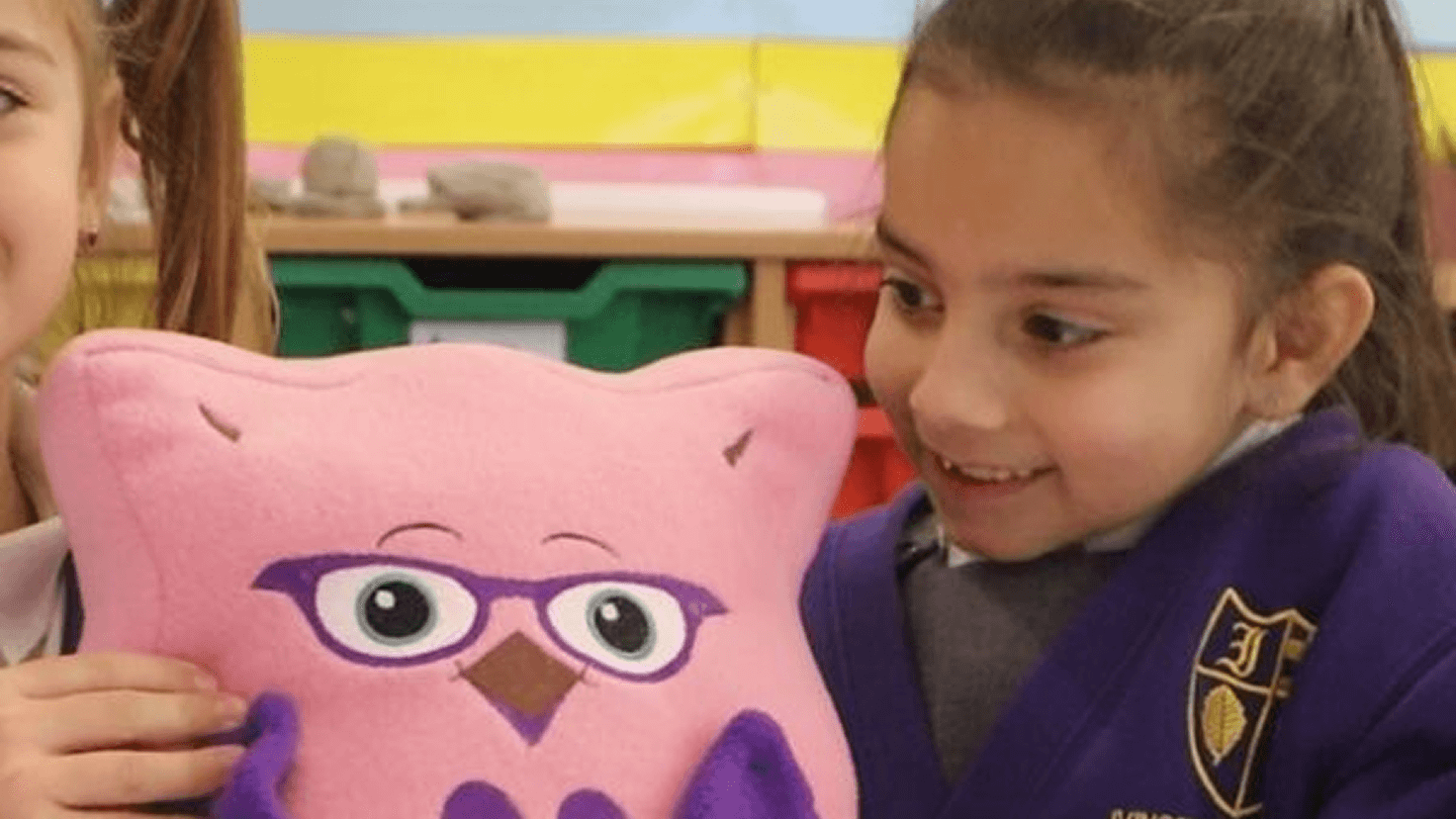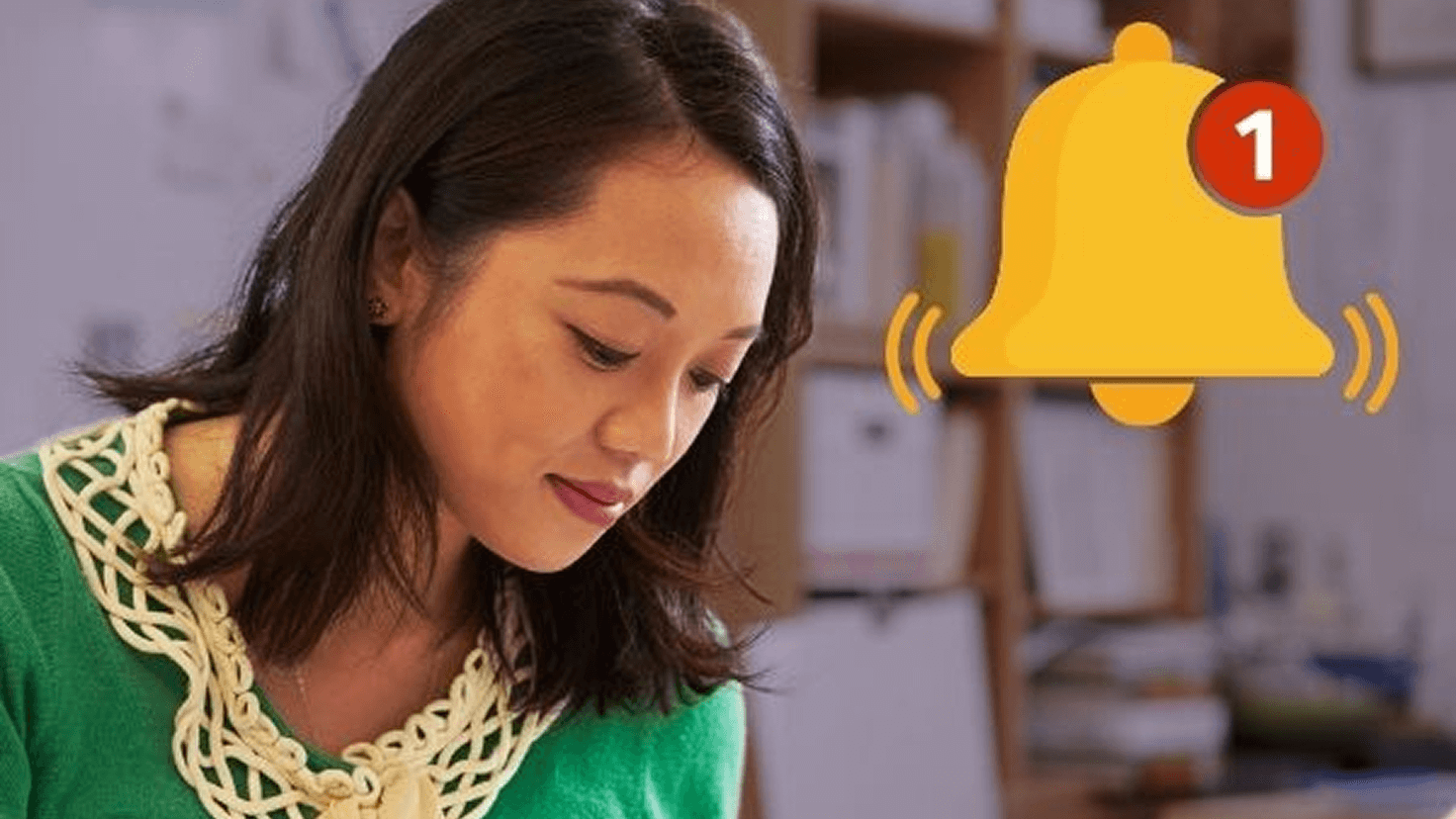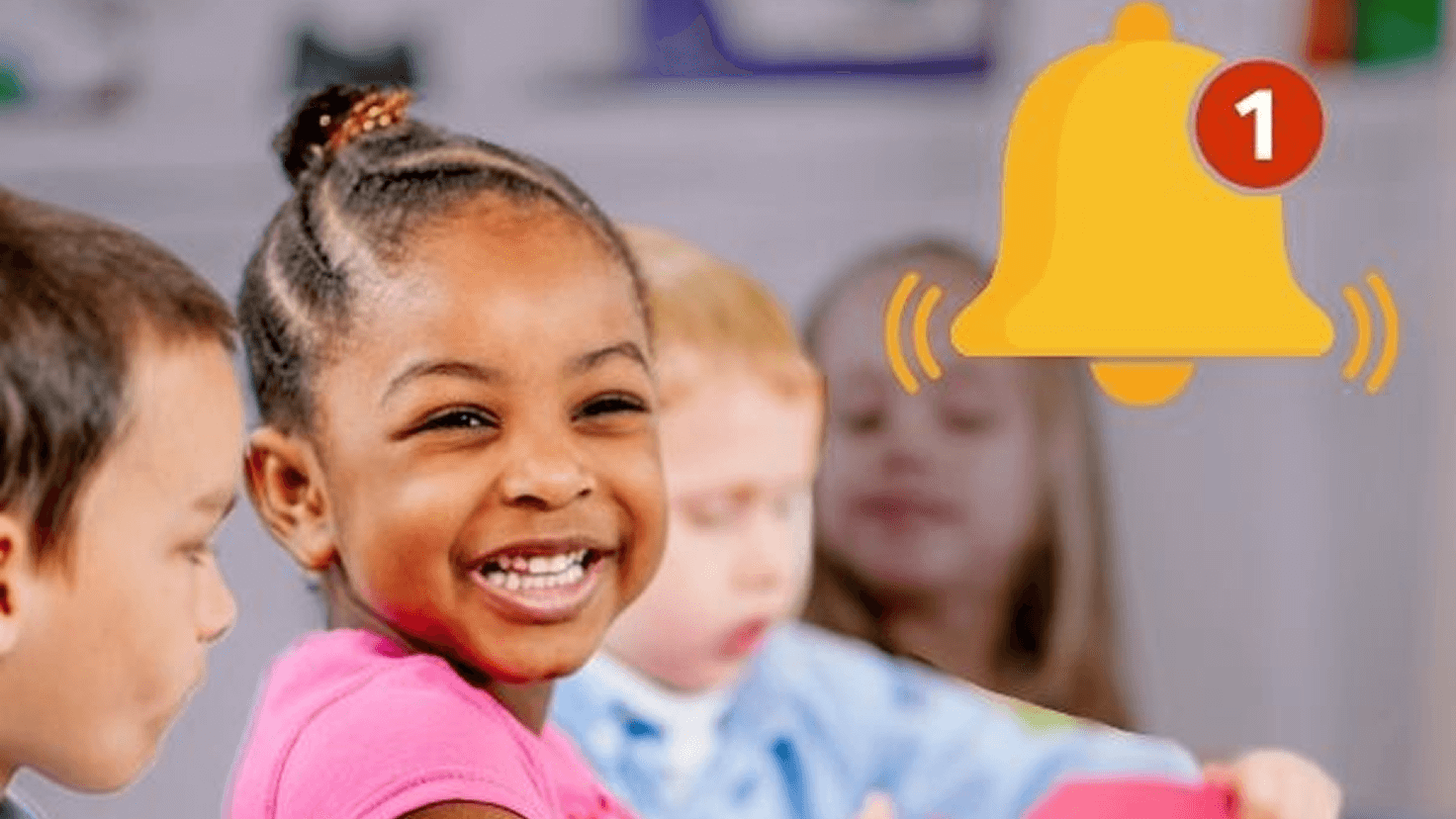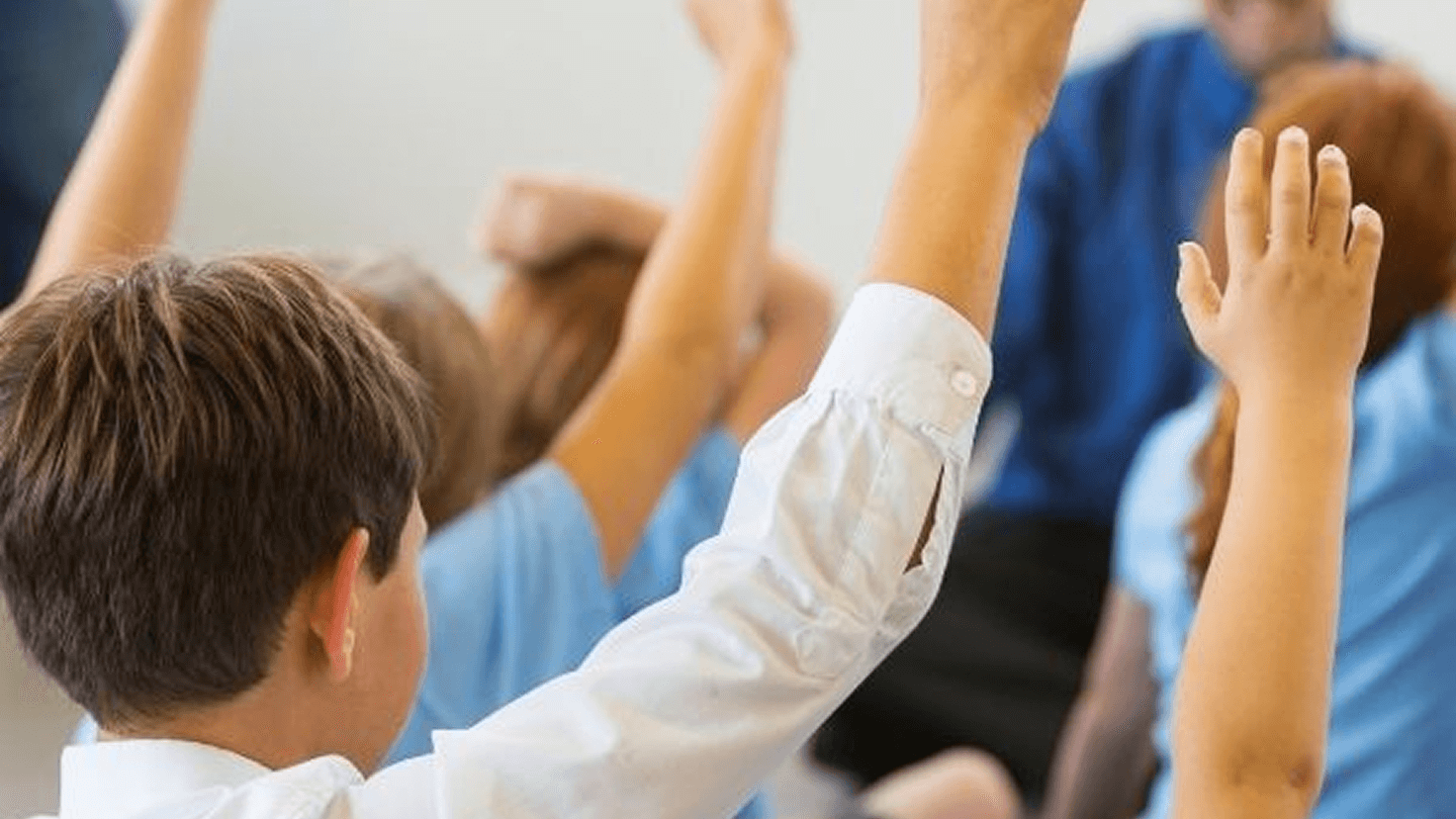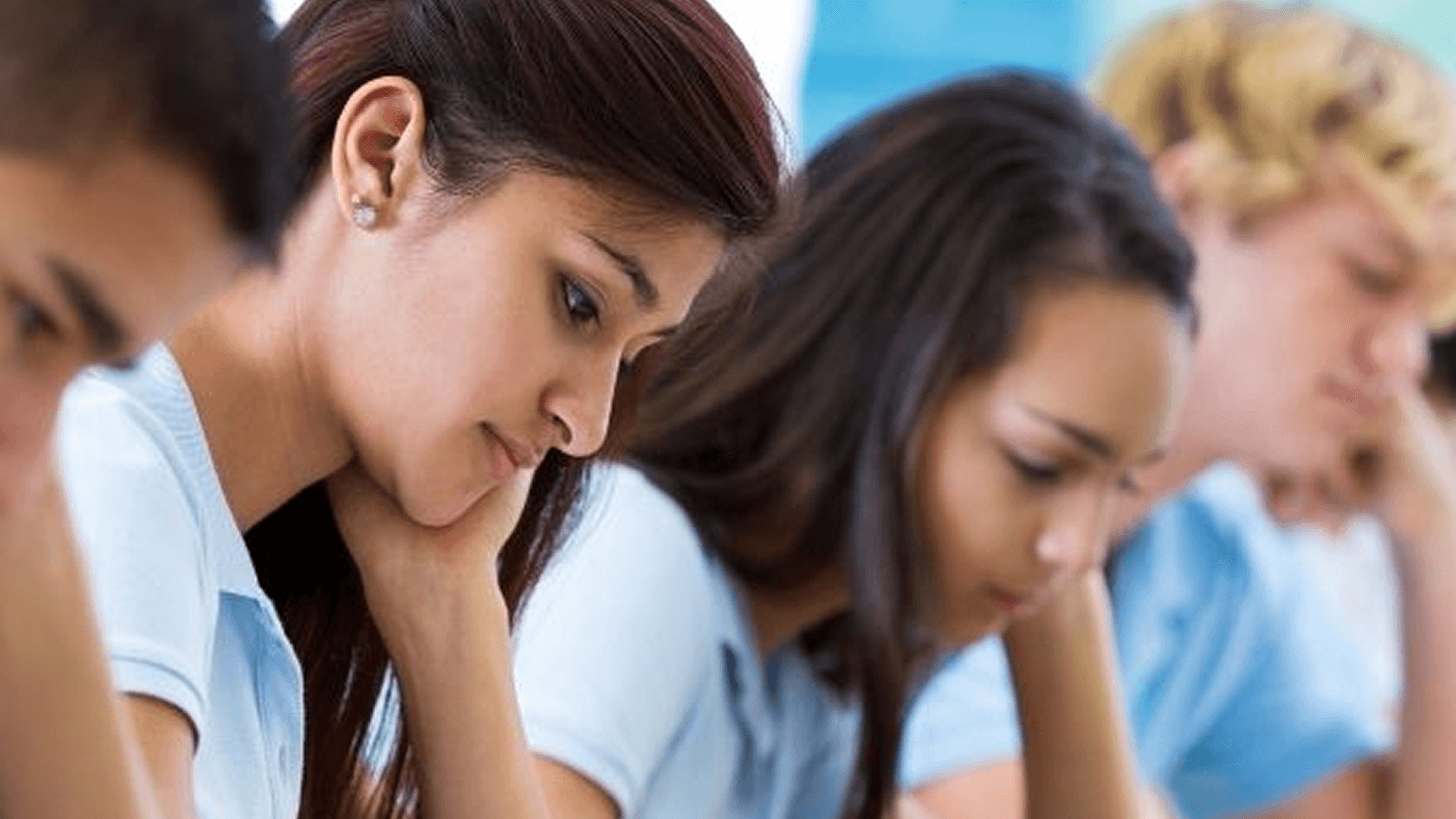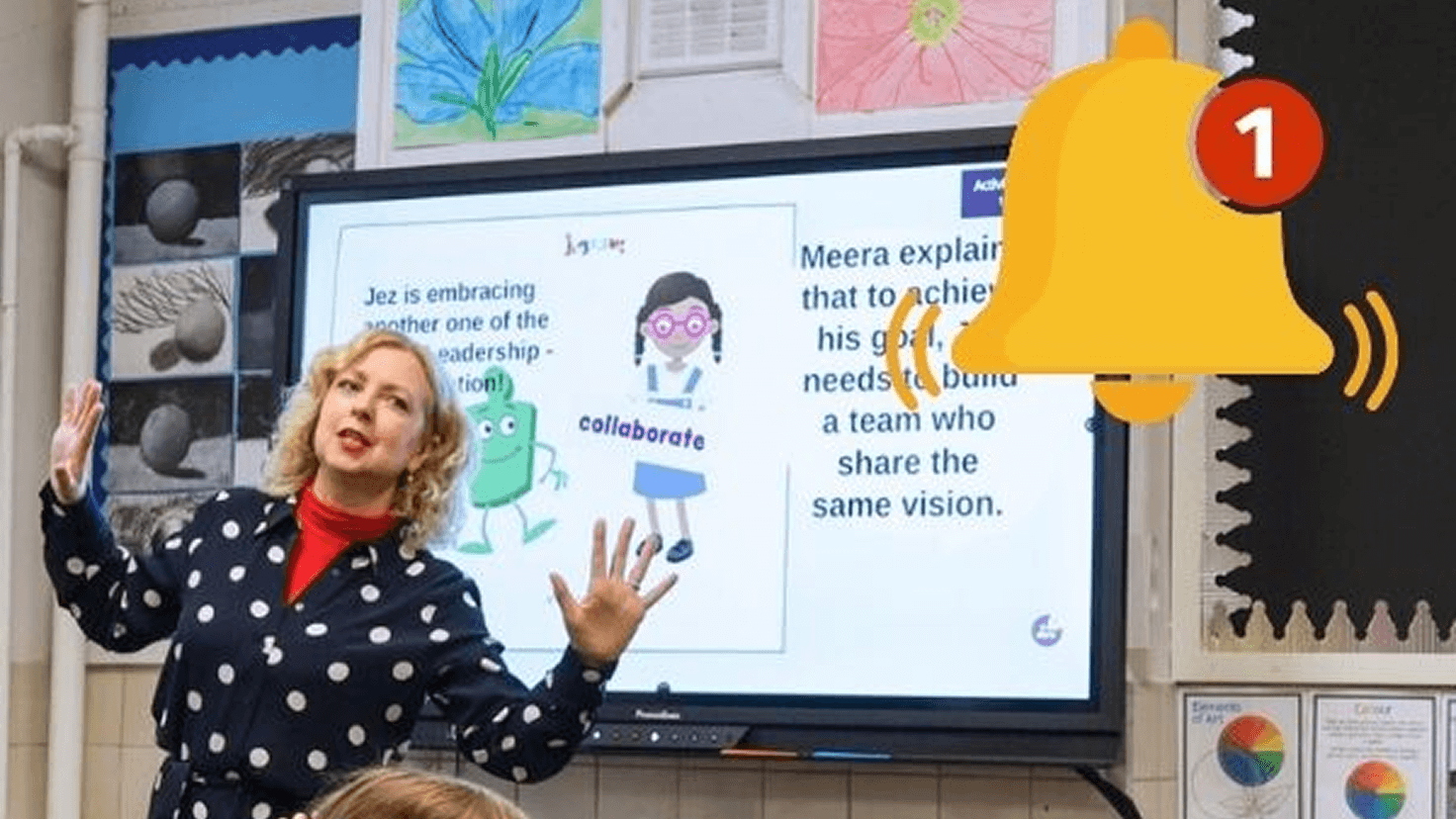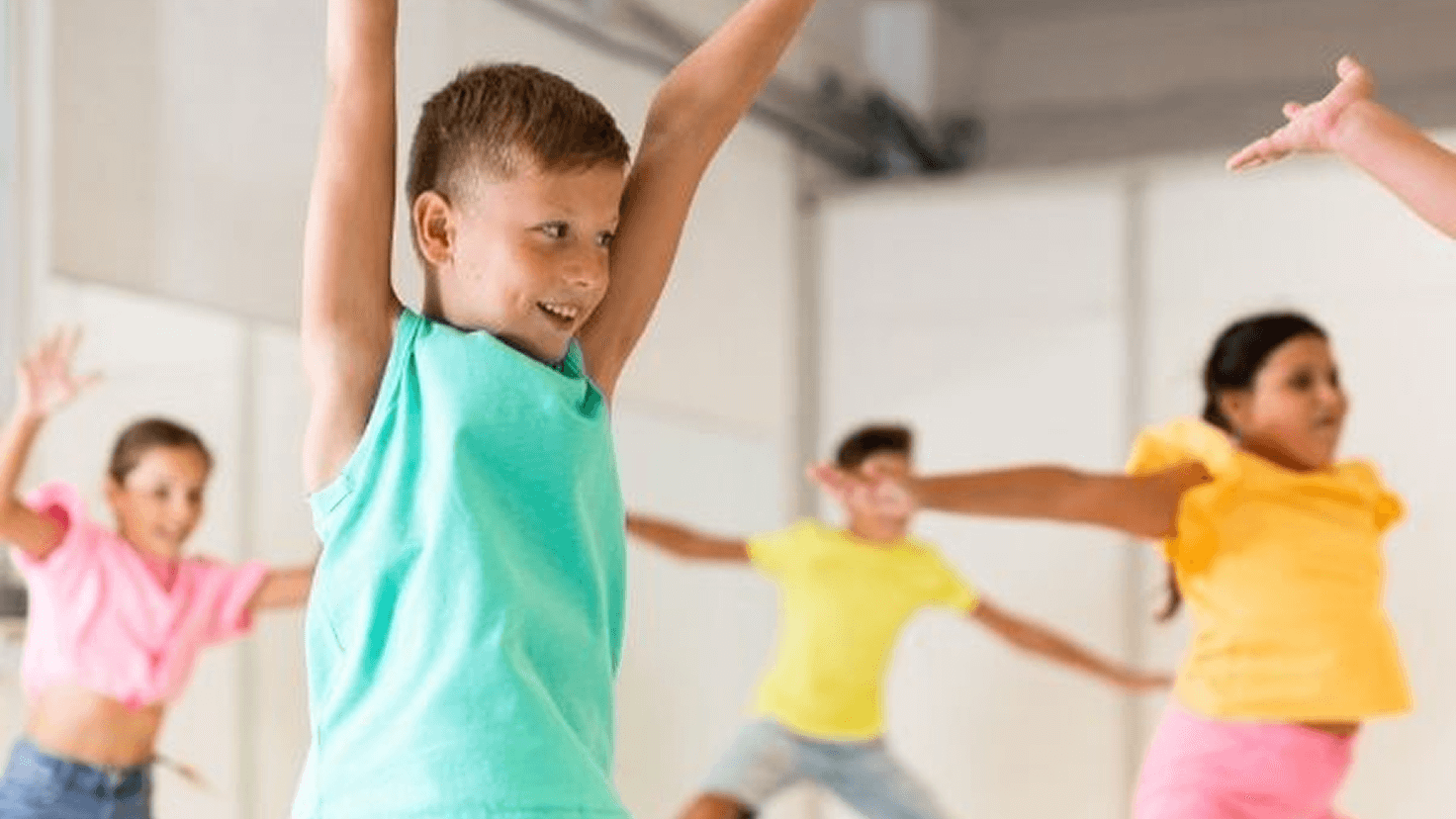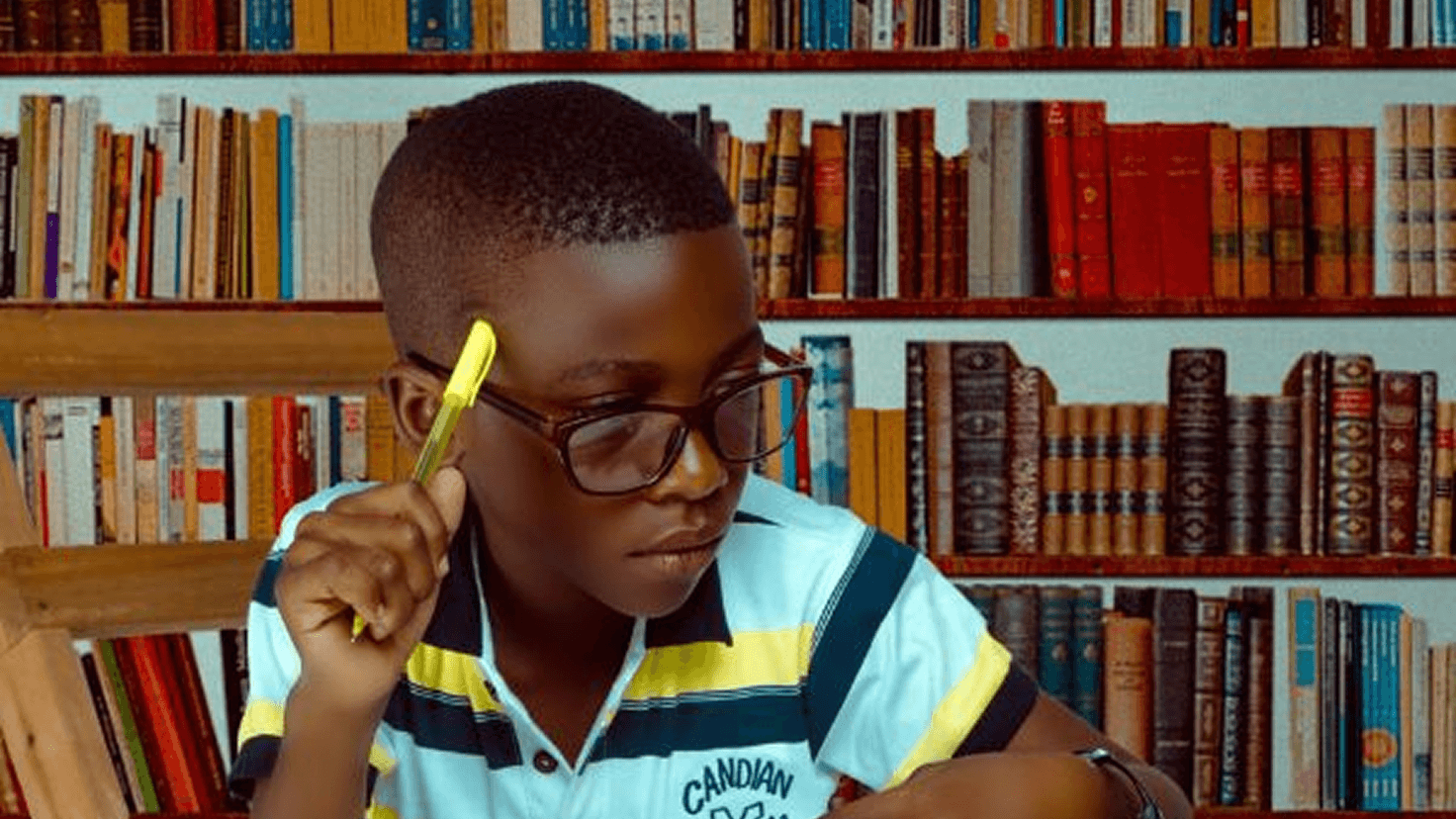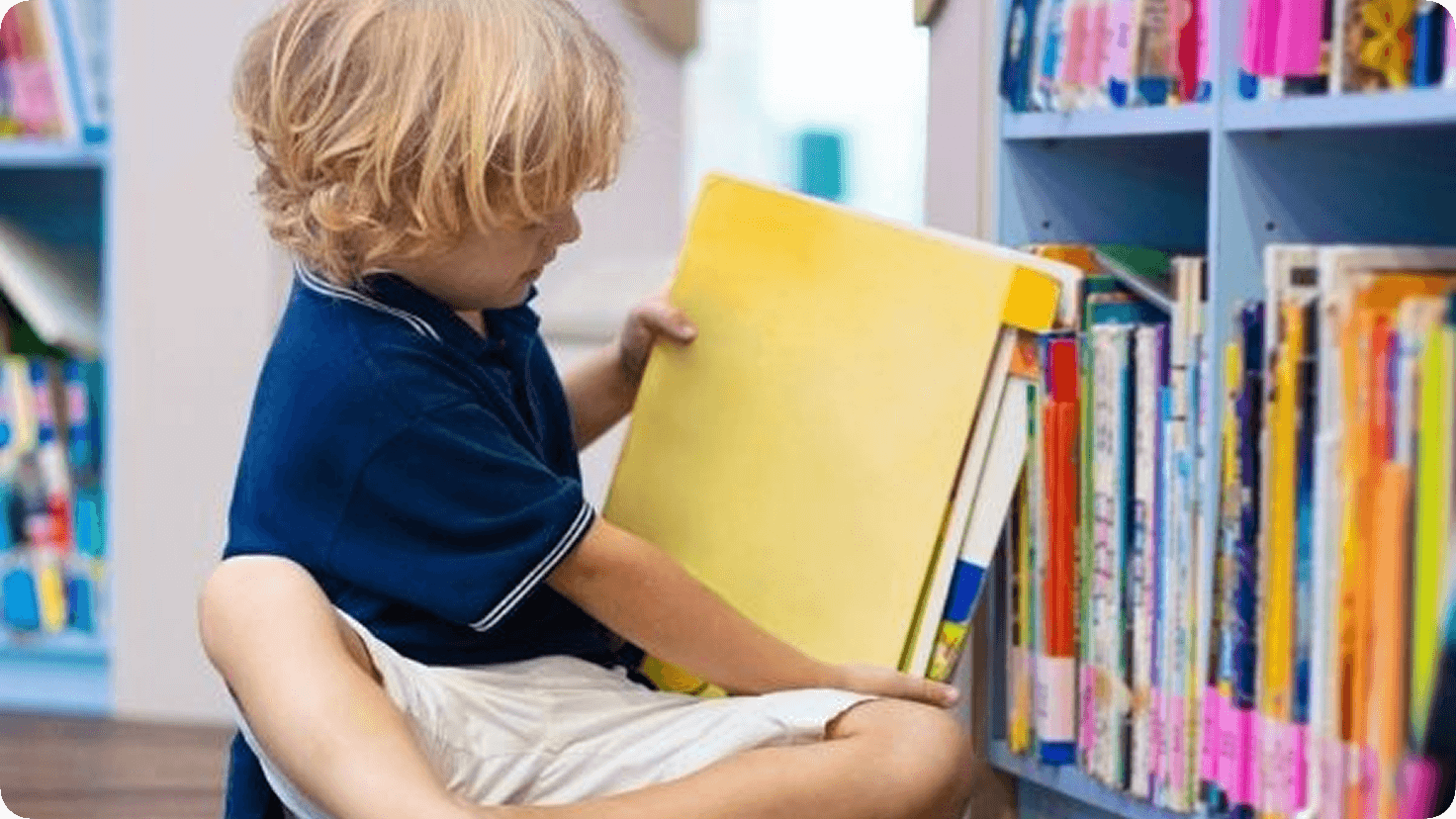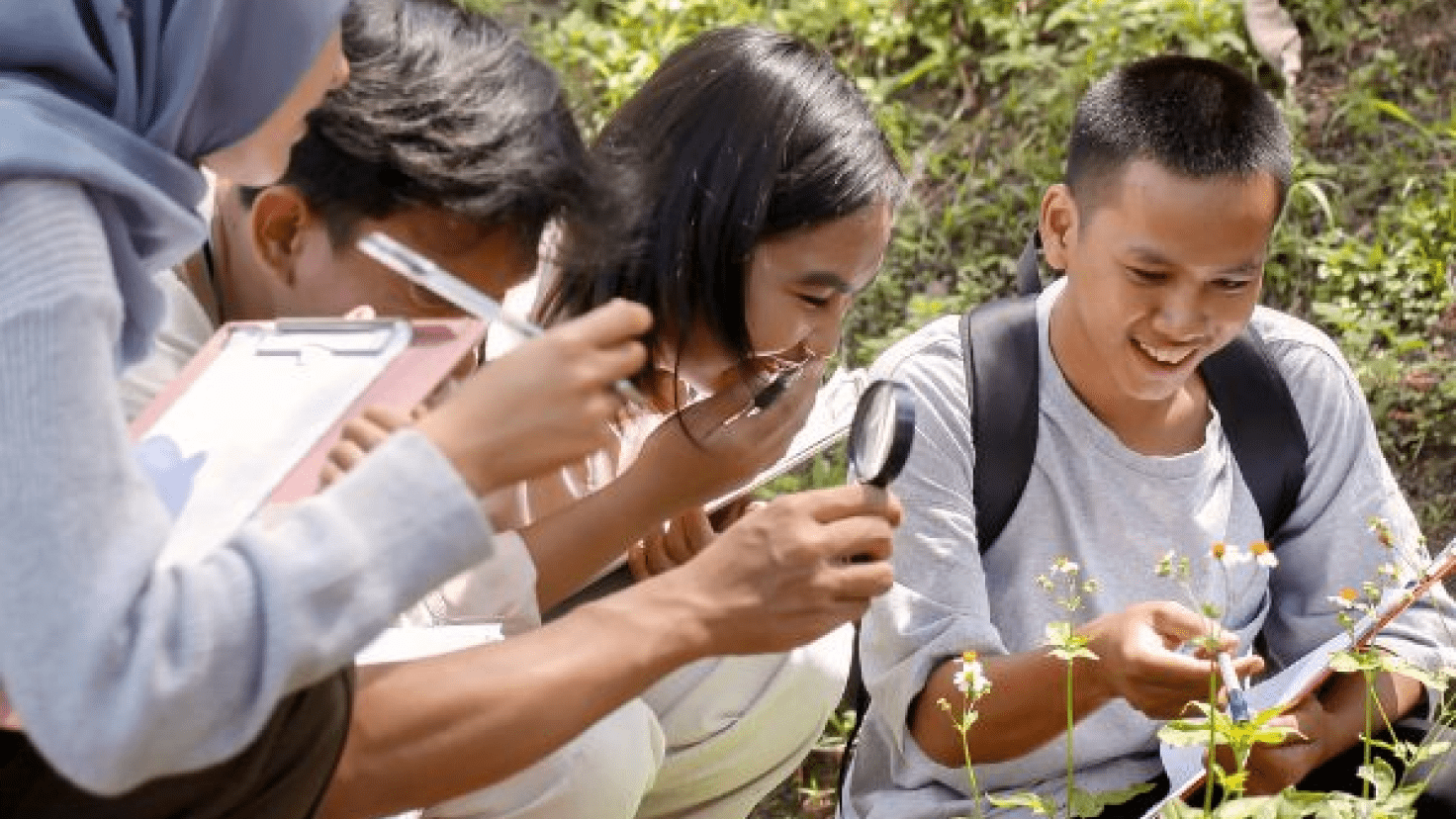Articles & Updates
01 June 2024
5 Ways to Practise Mindfulness Over Summer
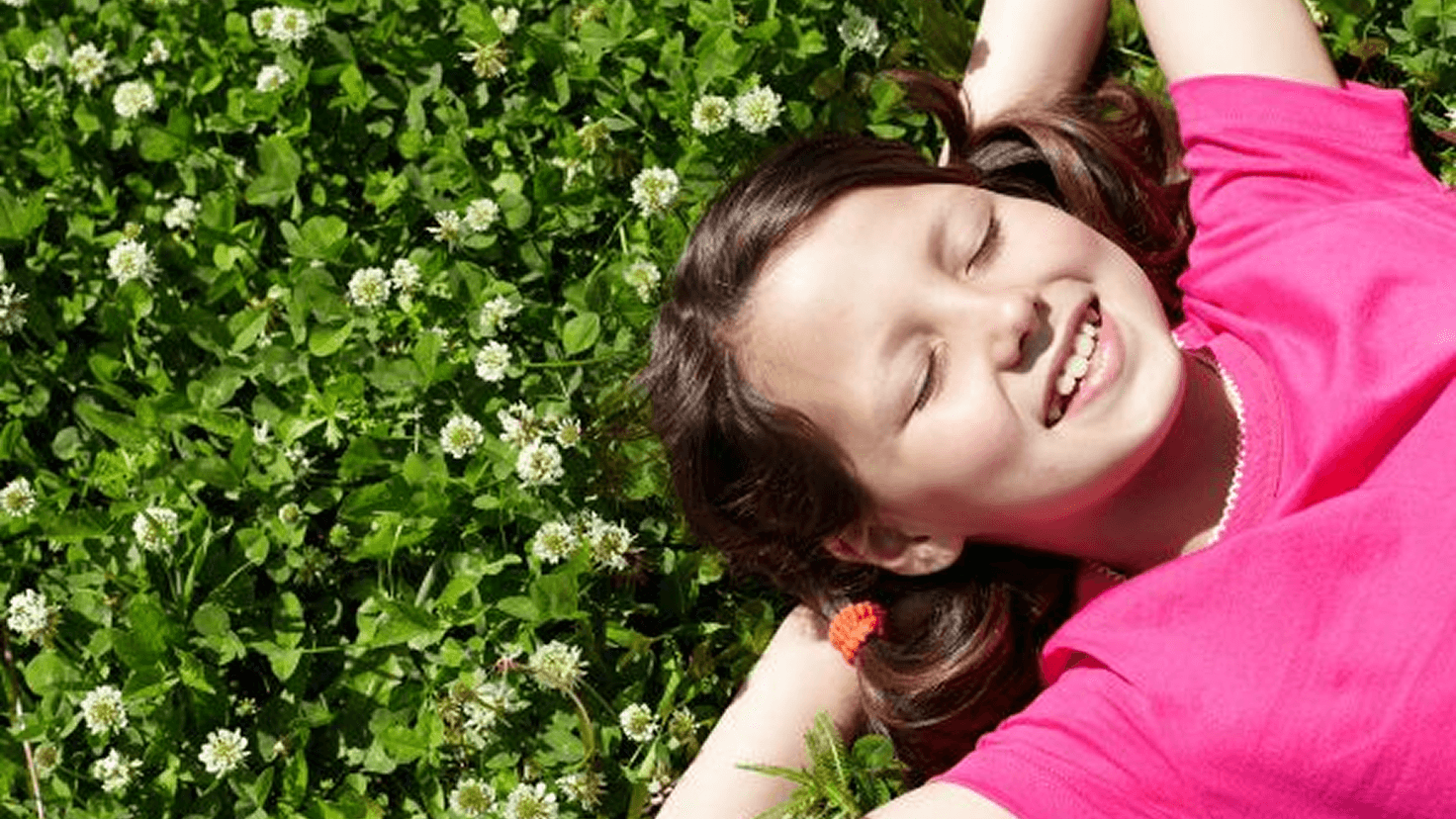
Summer break is a wonderful time for relaxation and fun, but it can also be challenging for children who thrive on the structure and routine of regular PSHE lessons.
We have created a special poster that you may wish to share with your children to take home over the summer to help them practise mindfulness and regulate their emotions. Here are five effective ways to practise mindfulness over the summer:
1. Mindful Movement
Encourage your children to stay active with mindful movement. This can be as simple as stretching or even mindful walking. We have a great Mindful Movement activity sheet that has been created in partnership with World Book Day® and a fantastic video available on our Jigsaw YouTube channel that demonstrates mindful movement techniques. Watch and follow along to get started on a mindful movement routine.
2. Mindful Drawing
Art can be a powerful way to focus the mind. Our “Draw with Vic” tutorial on YouTube is a fantastic resource for children to learn how to engage in mindful drawing. Encourage them to express their feelings and thoughts through their artwork, helping them to stay calm and centred.
3. Mindful Breathing
Breathing exercises are fundamental to mindfulness practice. Techniques like visualising breathing in through the nose and out through the mouth or square breathing can be very effective. Try these examples with your children to help them focus and relax:
- Square Breathing: Breathe in for four counts, hold for four counts, breathe out for four counts, and hold for four counts. Repeat several times.
- Visualised Breathing: Imagine a balloon inflating as you breathe in through your nose and deflating as you breathe out through your mouth.
- Five-finger Breathing: Place one hand out in front of you, palm open using the pointer finger of your opposite hand start at the base of your thumb and trace upwards as you breathe in. Pause at the top of your finger. Breathe out as you follow the inside of your thumb. Repeat with the rest of your fingers.
4. Spend Some Time Outdoors
Nature offers countless opportunities for mindfulness. Encourage children to spend time outside, whether it’s watching clouds, listening to birds and bees, or floating on their back in a pool or stream. These activities can help them stay grounded and connected to the present moment. Ask them to look for other mindful moments in their day, like feeling the grass under their feet or the breeze on their face.
5. Listen to or Play Calming Music
Music can be a great tool for mindfulness. Encourage your children to listen to music that helps calm their mind. They can focus on the individual instruments, visualise a calm place, or use the music to guide deep, slow breaths. Playing an instrument can also be a mindful activity that enhances their focus and relaxation.
Design Your Own Calm Me Time
Creating a personal mindfulness routine can be very empowering. Our downloadable Calm Me Time resource is available for schools to share publicly, and it can be a great addition to your summer mindfulness practices. Schools are encouraged to share this resource in their newsletters or with parents.
Jigsaw’s Mindful Approach to PSHE
In Jigsaw, mindfulness is developed in three main ways:
- Calm Me Time: Each lesson includes breathing techniques, awareness exercises, and visualisations to help children quiet their minds and manage their internal activity positively.
- Taught Curriculum: Lessons help children explore their thoughts and feelings, expand their emotional vocabulary, understand thought-feeling-consequence sequences, and build confidence in expressing themselves.
- Pause Points: These moments in lessons encourage children to stop and observe their thoughts and feelings, fostering self-awareness and reflective thinking.
Being mindful is an invaluable skill, enabling children to observe and manage their thoughts and feelings, make conscious choices, and build healthier relationships. This summer, let’s support our children in practising mindfulness and developing these essential life skills.
Please feel free to share the linked poster with your pupils for over the summer to act as a reminder of ways to practise mindfulness and regulate their emotions.




